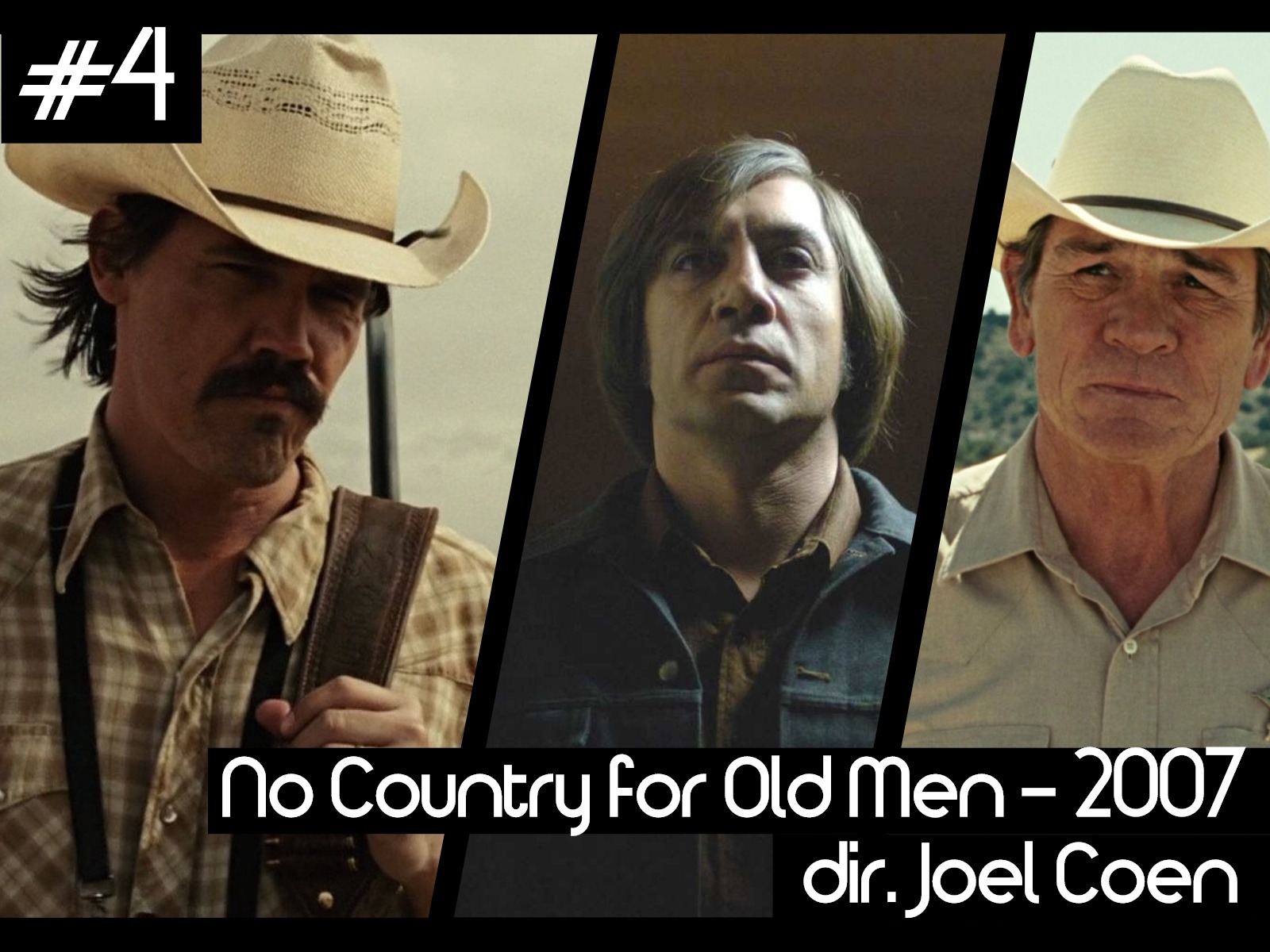We’re still less than two decades into the 21st century but we can all agree that, so far, it’s been a struggle. This century started on a note of hope, which was quickly smothered by the 9/11 attacks and two prolonged wars. Every time we make slow progress forward, it seems, something inside of us makes us slip backwards. Same as it ever was. The films of this era have reflected that anxiety, but also that faint, lingering hope.
Now that we’re beginning to get some distance on the past few decades in film, this era is beginning to reveal itself as filled with uncommon depth and originality, a time in which increasingly challenging and diverse stories break out into the mainstream. So, as part of this month’s focus on Pop Culture, we present The Drunk Monkeys Film Department’s 50 Best Films of the 21st Century.
This list was compiled in stages. First, we sent out a ballot to anyone who wanted to vote, with votes weighted toward past contributors and to current staff members. Then, from that absolutely massive list of films, we narrowed things down to a proper group of about 60, and settled into the argumentative final section process.
One particularly painful choice was to feature only one entry from each director, or film studio, in the case of Pixar or Marvel Studios. Some of the fiercest battles of this selection process were over, say, which Coen Brothers or Tarantino film not only was the best of the century, but best represented that era of their work as a whole. Feel free to argue with our selections, we certainly did.
In addition, we gave each staff member one pick they could throw on the list that no one could vote off, even if it had received no votes at all. This ensures that the list reflects the personalities of the Drunk Monkeys Film Department, and contains films as differing and eclectic as Paul Harrill’s micro-indie Something, Anything and Kevin Smith’s big-budget comedy Zack and Miri Make a Porno.
Why we love a film, and why we recommend it to others, is a very personal thing, and as we are recommending all of these movies you, we felt it only right to include statements not only of how great these films are, but what they mean to us as people. We hope this list will spark conversation, and even (good-natured, one hopes) argument, but more than that, we hope that you will find something on this list, something that you’ve never even heard of before, that might just send your life in a new direction. You never know.
If the Drunk Monkeys Film Department is anything, it’s opinionated. So we knew going into the creation of this list that our selection process would be, at times, contentious (and it was). But no fight divided us more than the inclusion or exclusion of The Room, Tommy Wiseau’s incompetent masterwork. Which is not to say that anyone on the team hates The Room, in fact, quite the opposite--everyone on staff has seen it and loves it. The question was whether or not a list celebrating the best that film has to offer should include a movie that is celebrated because it is so bad.
And oh, is it bad. There’s never been a film made more wrong in more ways than The Room. Watching YouTube clip compilations or James Franco’s 2017 tribute The Disaster Artist does no justice to the experience of watching the film itself. Watching clips allows The Room to exist as punchlines: “I did naaaahhhht”, “Oh, hai doggie!”, “Cheeep cheep cheep cheep”. But when watching the entire film, Wiseau’s unsettling presence is hard to escape. The stringy hair over that jagged face. The tiny, unfocused eyes. Seen in whole, The Room feels closer to the surreal dreamscapes of David Lynch than it does the Tennessee Williams dramas that inspired Wiseau to create it.
But, after long editorial review, the voices calling to celebrate quality alone won out, and so The Room sits outside of this list. But any discussion of film in the 21st century, an era when anyone with an ego and a dream can pick up their phone and make their own private masterpiece, would be incomplete without it.
Matt Guerrero, Film Editor
Columbus, the debut feature from Kogonada, is a quiet film, almost almost perfectly still, until a moment, toward the end of the film, when the frame is suddenly filled with frenetic motion. Flashes of light illuminate flailing body parts. It’s Casey, played by Haley Lu Richardson, and she is, it would seem, throwing a fit. We’ve just seen her catch her addict mother in a lie, and so when we see her jumping, screaming, waving her arms pathetically at the air, we fill in the details: she’s struggling to express her anger and fear, and lacks the language for it, having spent so much of her life sublimating her own needs for those of her mother. But in the next moment, Casey runs toward her car, throws on a punk song, and we see the truth: she was never throwing a fit, she was dancing. Now her movements fit, they belong in a context. It’s a reflection of Casey herself, whose own boundless potential is stifled by her small-town life.
I couldn't get any of you to watch a movie about architecture, but Columbus isn’t about architecture, or rather, it is, but it’s really about stopping to see the world in a different way. Is this a building, or a work of art? Is this a child’s fit, or is it a woman dancing? In its silent way, Columbus asks you to reconsider everything you know about the world and about yourself.
Matt Guerrero, Film Editor
Michael Haneke’s films are austere, to say the least. Caché is probably his most approachable, but that hardly means it’s an easy watch. Anne and Georges Laurent receive a video tape that is a recording of the outside of their house (their last name may be a nod to Lost Highway, a film with a similar starting point). Who sent the film remains a mystery. One can argue it remains one at the end.
Haneke’s film is a commentary on the Algerian War and the Paris massacre of 1961, but the central tension at the center of the film concerning a refugee’s past is applicable to countless situations in our current world. The film tells much of the story visually, with brief flashbacks that are startling in their suddenness and an act of violence so shocking in its randomness that it somehow comes back around to making complete sense.
Caché is a tough film. Considering the sins it’s dealing with, it would be dishonest if it was any other type of film.
Donald McCarthy, Staff Writer
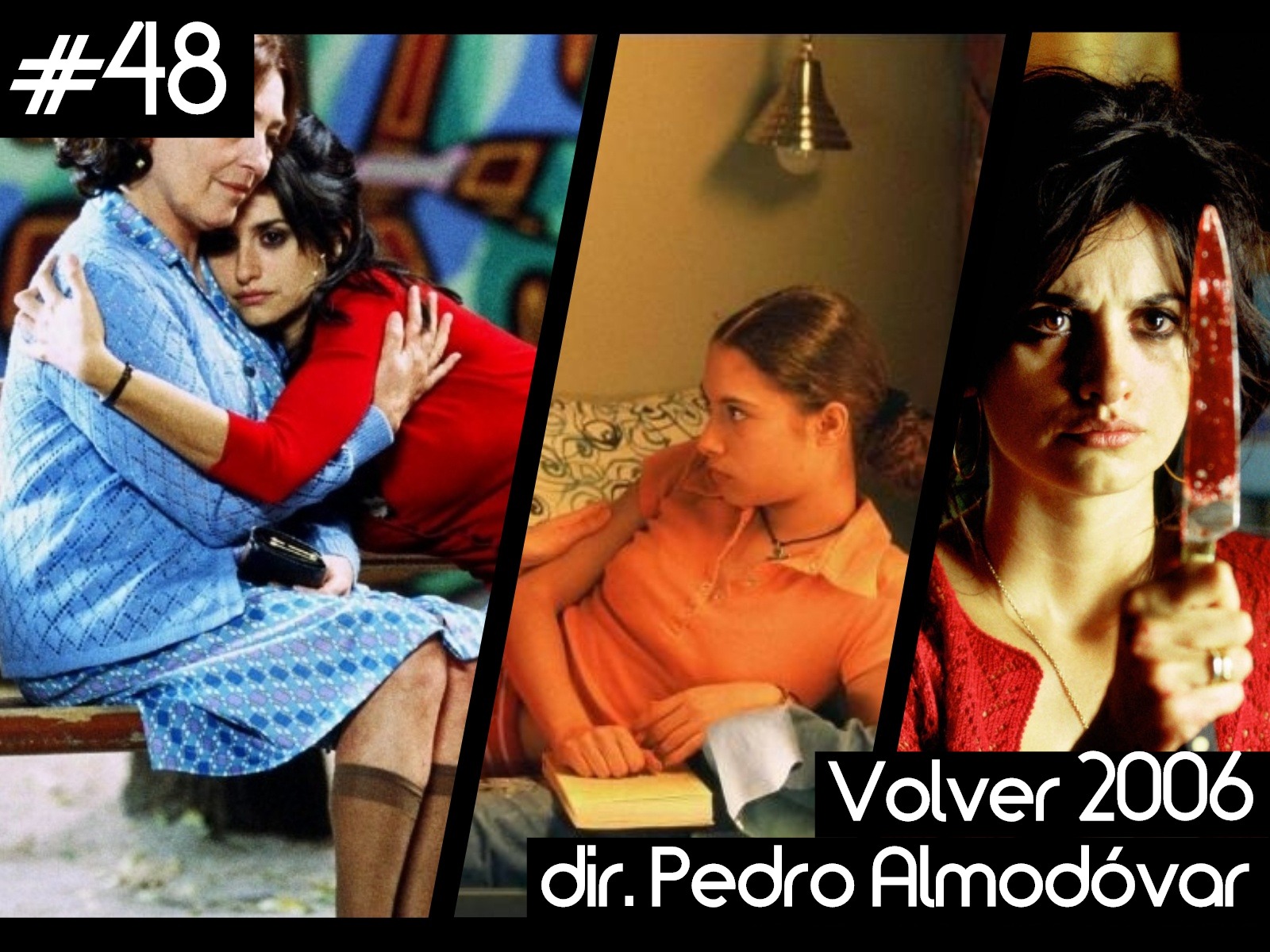
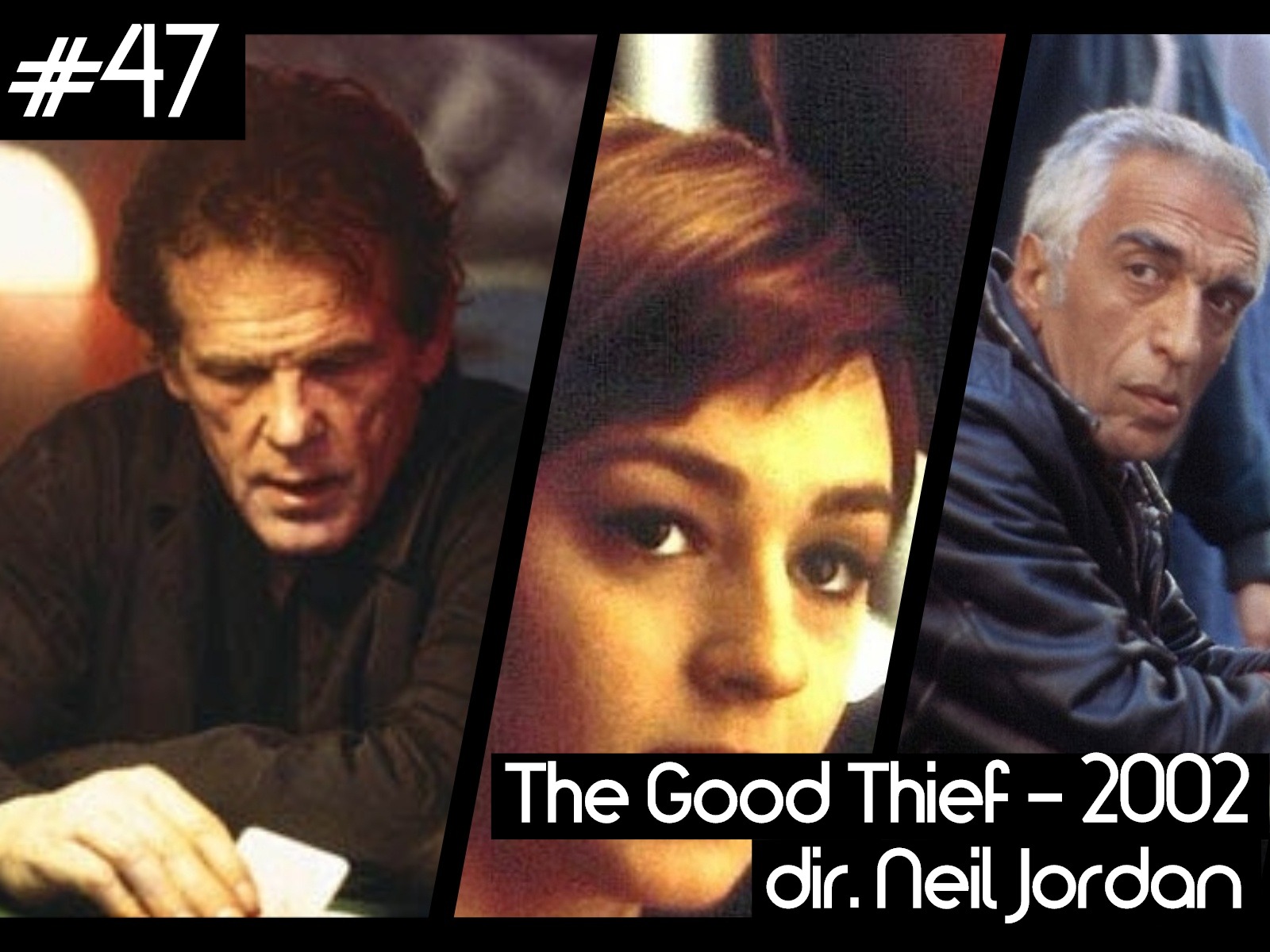
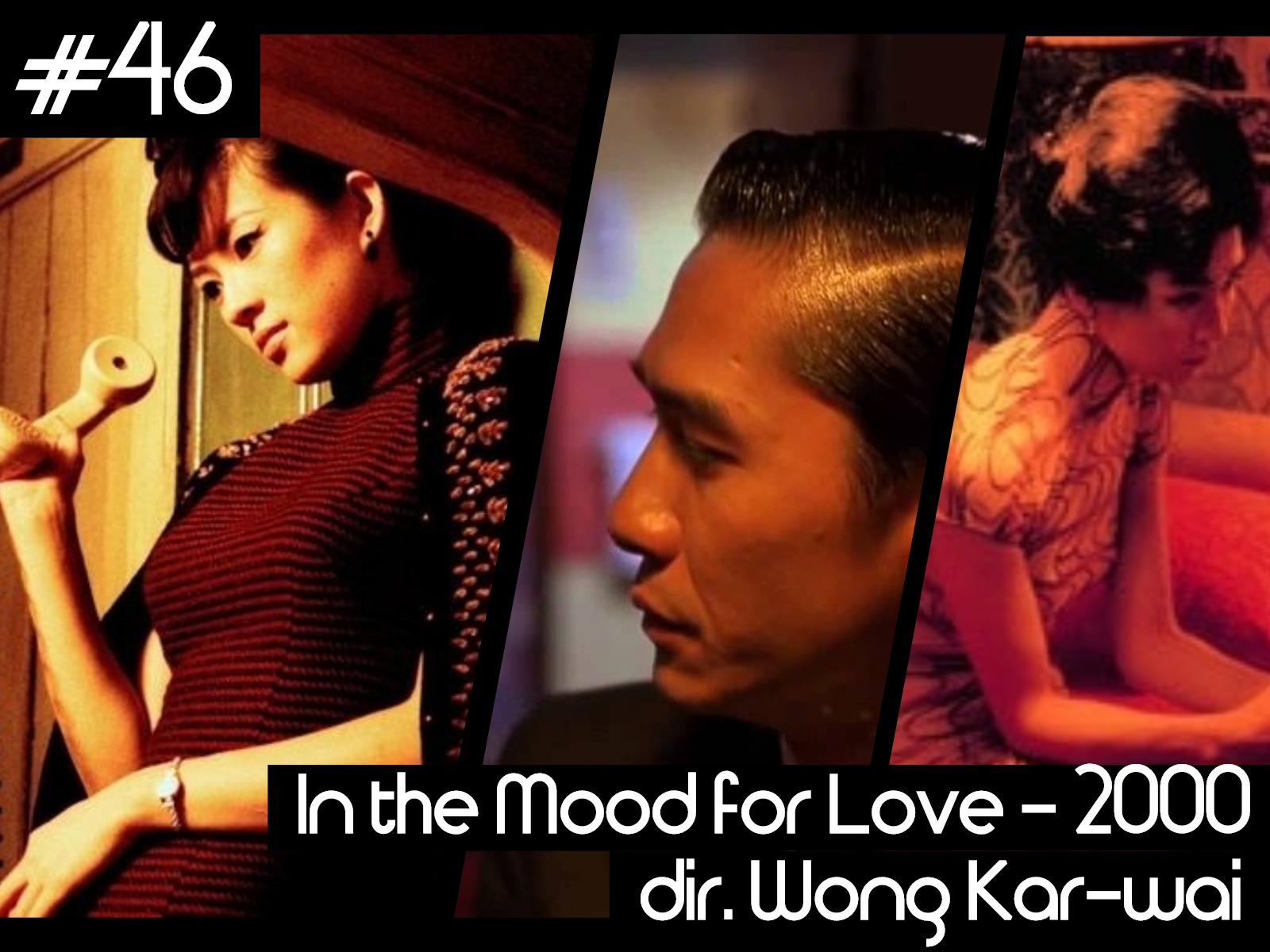
I often say that Zack and Miri Make a Porno is the most romantic comedy of our time, but I also say that about Secretary, so what do I know? There’s something about this 2008 Kevin Smith film that tugs at my heartstrings; it’s sweet, but manages to avoid the treacly nonsense that most rom-coms seem to marinate in. Who among us hasn’t been so hard up for a steady income that we’ve decided to make a low-budget porno with our circle of friends, who also write, direct, produce, and star in it? And who among us hasn’t had sex with their roommate and best friend in said porno and realized they were the one, after all? The chemistry between the goofy Zack (Seth Rogan) and the super-gorgeous-irl-so-when-I-met-her-I-almost-cried Miri (Elizabeth Banks) never feels far-fetched or forced; it’s actually a very realistic portrayal of what it is like to discover there’s more beneath the surface of a platonic friendship. Ok, maybe Zack and Miri, on a lot of levels, reminds me of my relationship with my husband… minus the porno part. Somehow, Smith also managed to snag a pretty good rare Live track that is impossible to find. And, while the humor may be a bit problematic (it was made a decade ago), the cameo by Justin Long is still one of the best scenes I’ve ever laughed at.
Kolleen Carney Hoepfner, Editor-in-Chief
It sounds overdramatic to say that a movie can change your life, but something inside of me was fundamentally changed after watching Paul Harrill’s Something, Anything. It’s hard, as with any emotional experience, to pin down the exact quality of the film that spoke to me, but I think it was the quiet. I’ve lived a life of constant rearrangement, and it had honestly never occured to me that things can be steady, or even eternal, until I found the quiet at the heart of the world. The movie inspired me to read Merton, to meditate and find stillness in my days. When I look at the life I’m leading now, I see a reflection of what was awakened by that first viewing of Something, Anything.
In the film, Margaret finds meaning in simplicity, unburdening herself of the roles, jobs, and even the name that have been placed on her by others. As with any awakening, it doesn't happen overnight. All too rare are those “Road to Damascus” moments. Something, Anything captures, better than any film I’ve ever seen, the slow burn of enlightenment, and the tiny miracles that light your way through the dark.
Matt Guerrero, Film Editor
I went to see All is Lost by myself, as is my wont. There’s something to be said for going alone. It’s at once anonymous and communal. There were few others in the theater. Two other solo patrons and one couple. The lights went down, and the journey started. We watched as Robert Redford’s character, known only in the credits as “Our Man,” went through hell and back again. His boat capsizes, he’s forced to board a raft, he screams to the heavens in frustration as absolutely nothing goes his way. In the end, he might just die or be saved in a harrowing, spiritual sequence that would be a betrayal to describe. All of us in the theater were tense; you could feel it in the air, in the dark.
Then the lights came up. No one stood for a while. One of the men sitting by himself just said, “Jesus Christ.” It was a while before we all left.
Donald McCarthy, Staff Writer
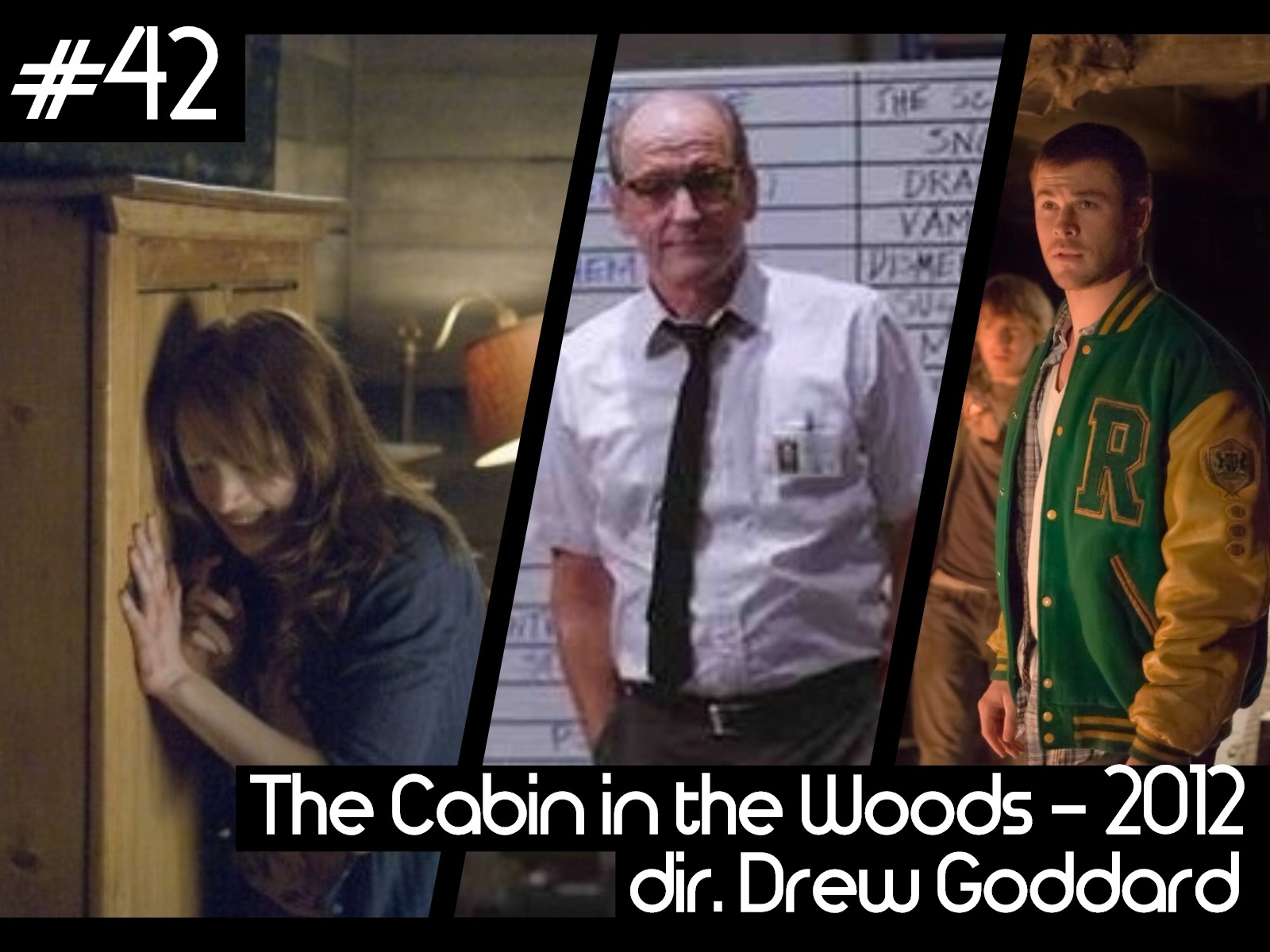
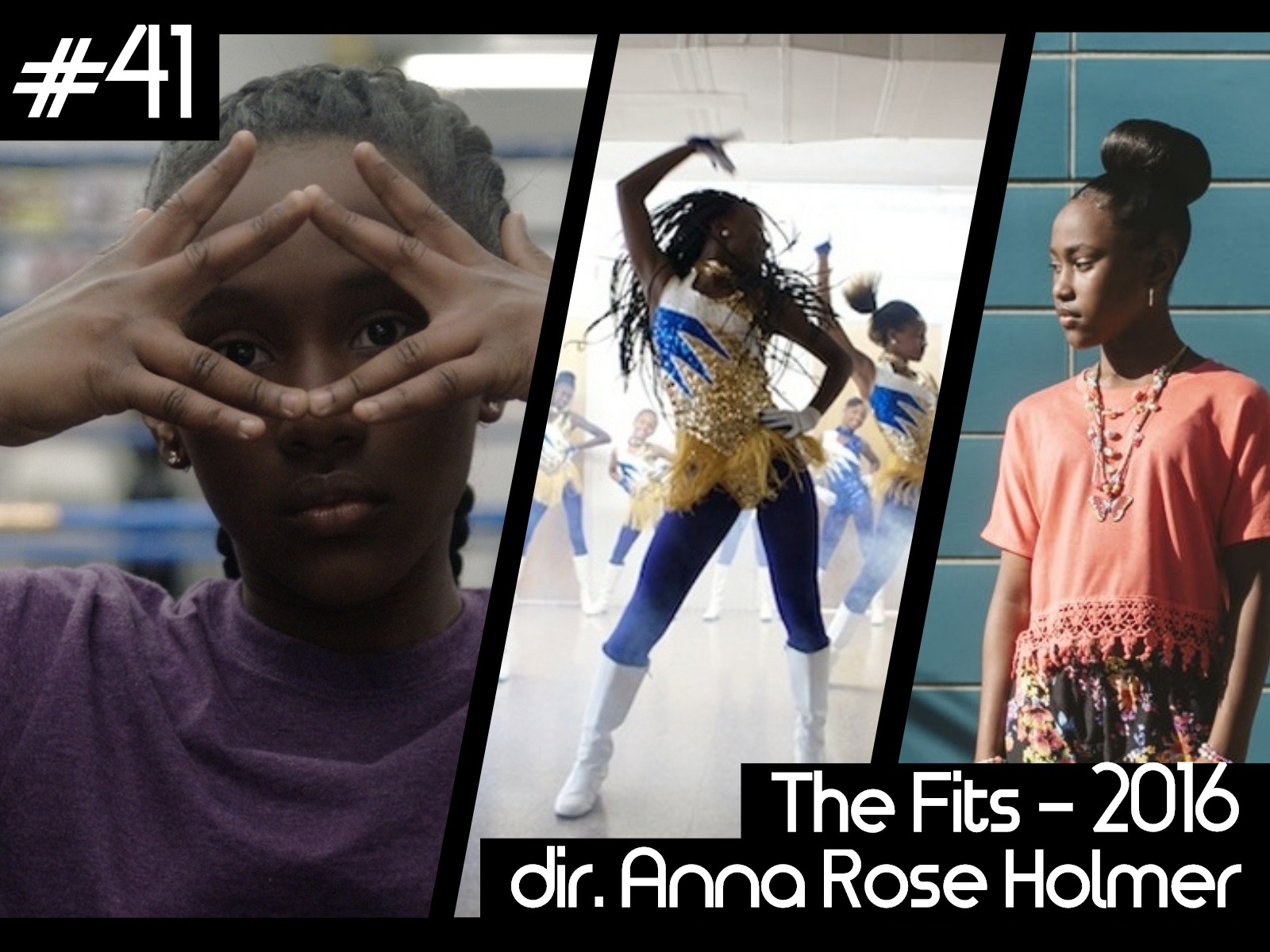
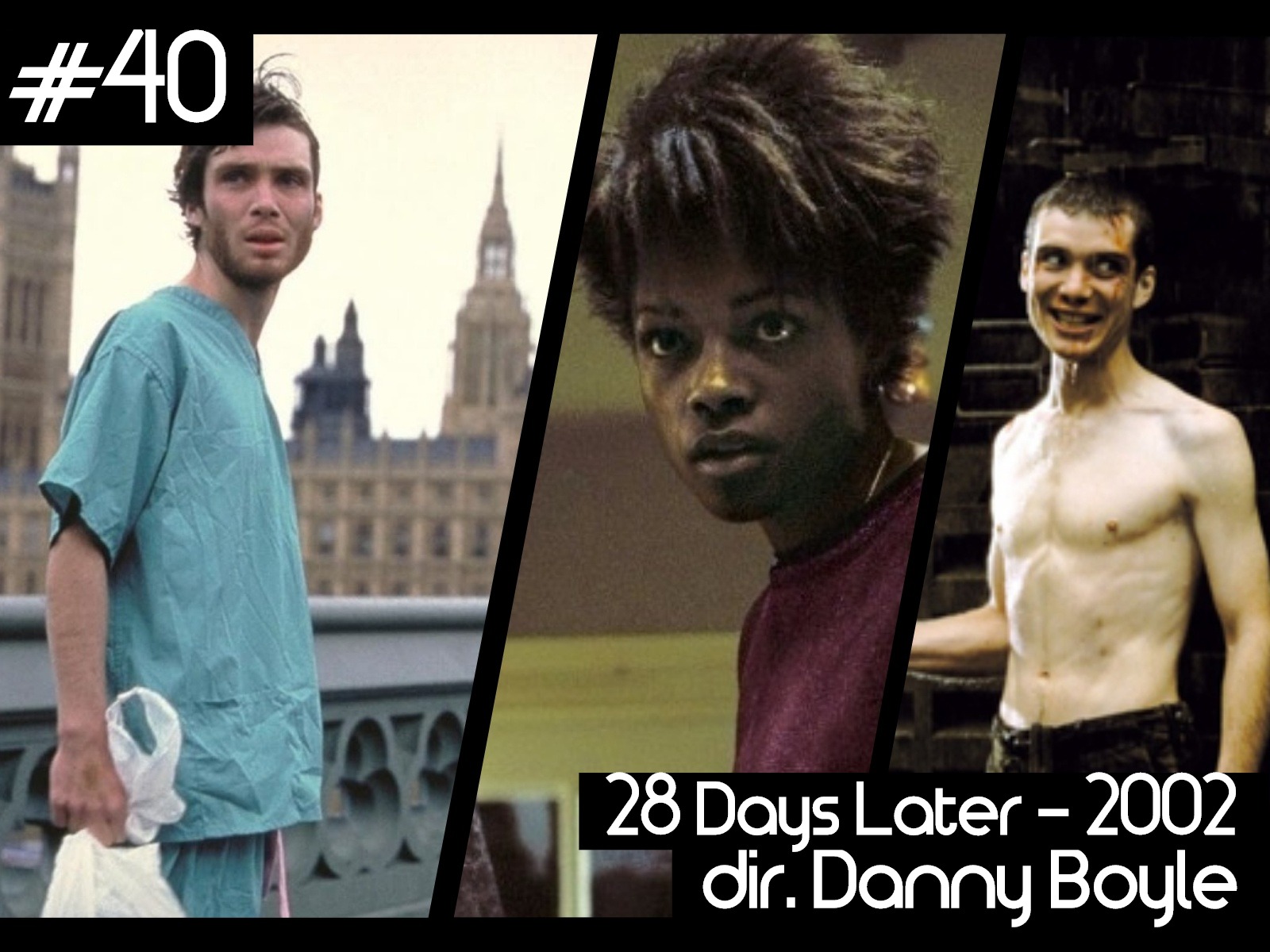
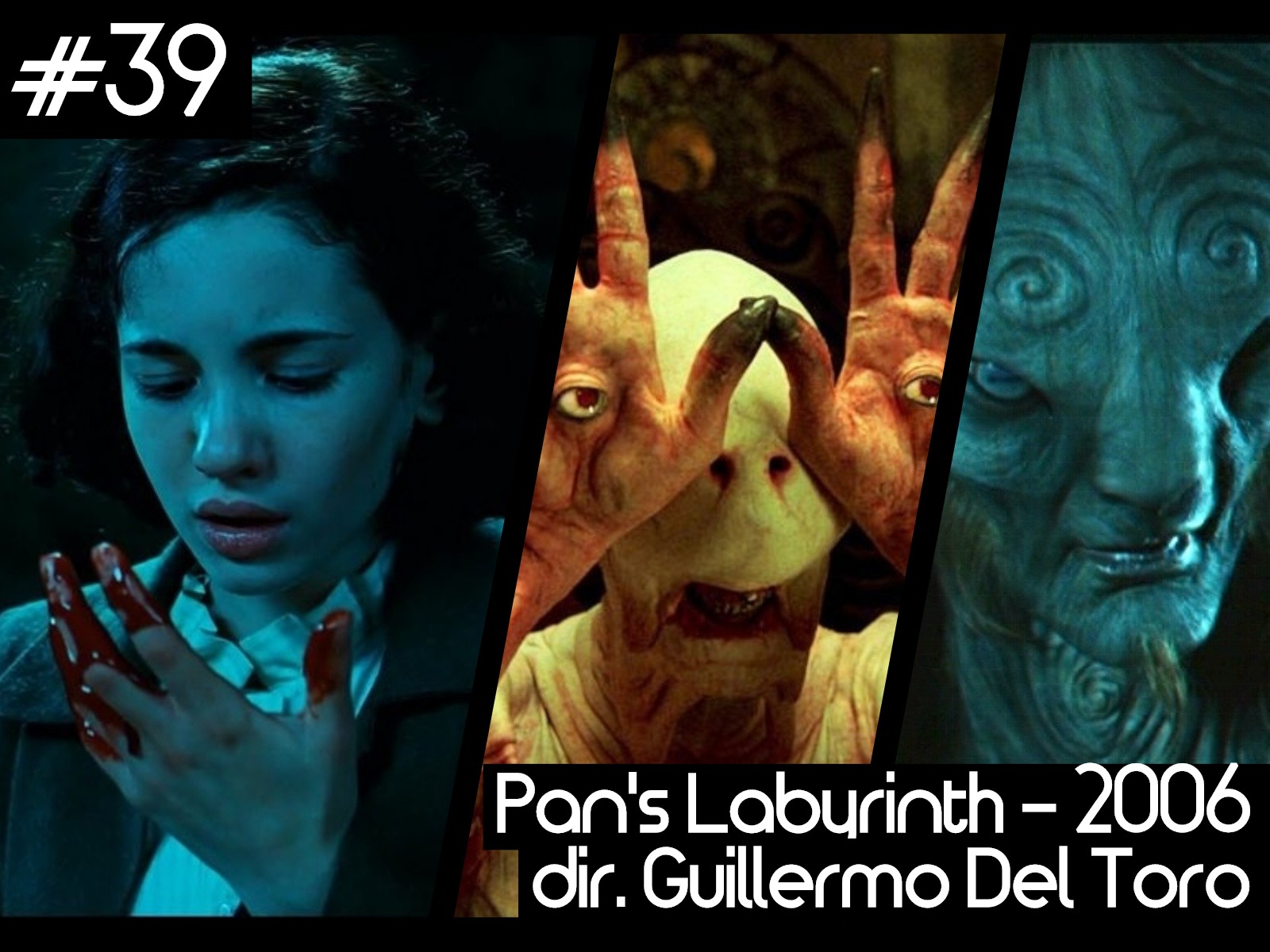
Let the Right One In (NOT LET ME IN DON’T EVEN @ ME) is gorgeous. Look at it: the long shots of silence, the snow, the two lonely children (Lina Leandersson and Kare Hedebrant) finding each other. Ok, so one of them is a vampire. You get what you get and you don’t get upset. Tomas Alfredson knocked this film out of the park— based on the novel by John Ajvide Lindqvist, which is incredible— and it may not hit all the horrific and often religious undertones of its source material, but what we have is a relationship that is completely pure in nature, two children who would do anything for each other’s survival. This movie means so much to me that I am at a loss as to how to write about it. It is perfect.
Kolleen Carney Hoepfner, Editor-in-Chief
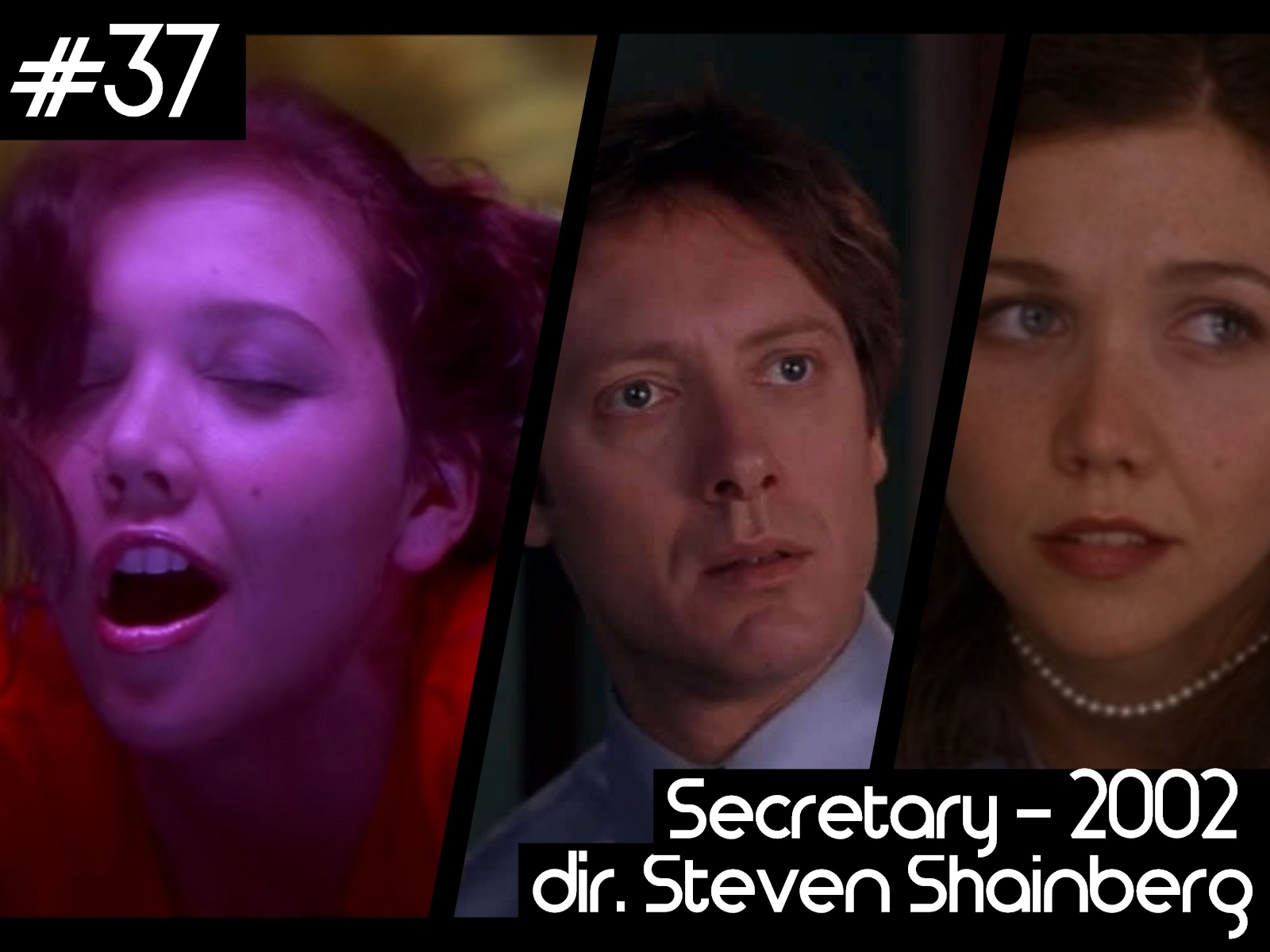
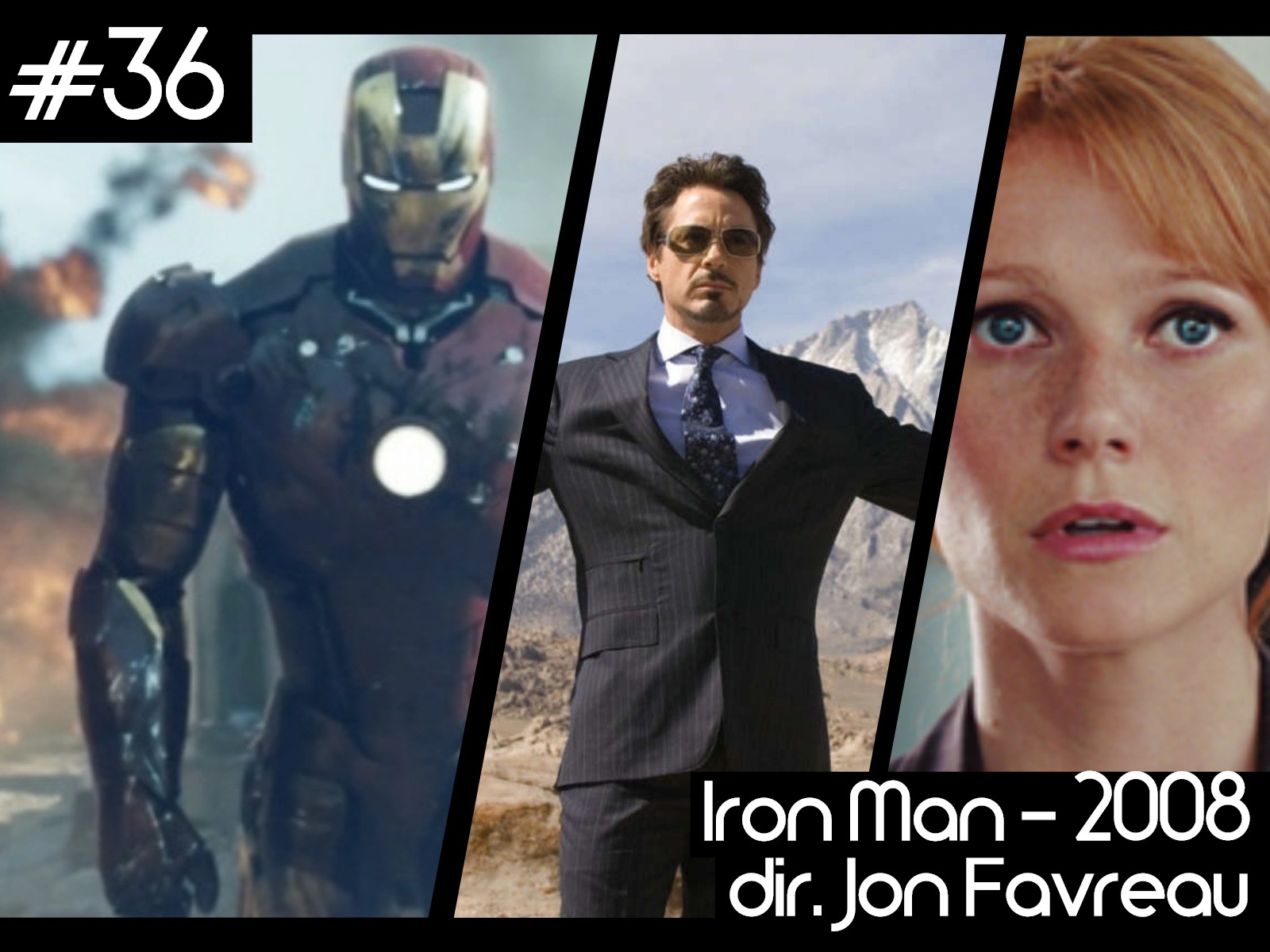
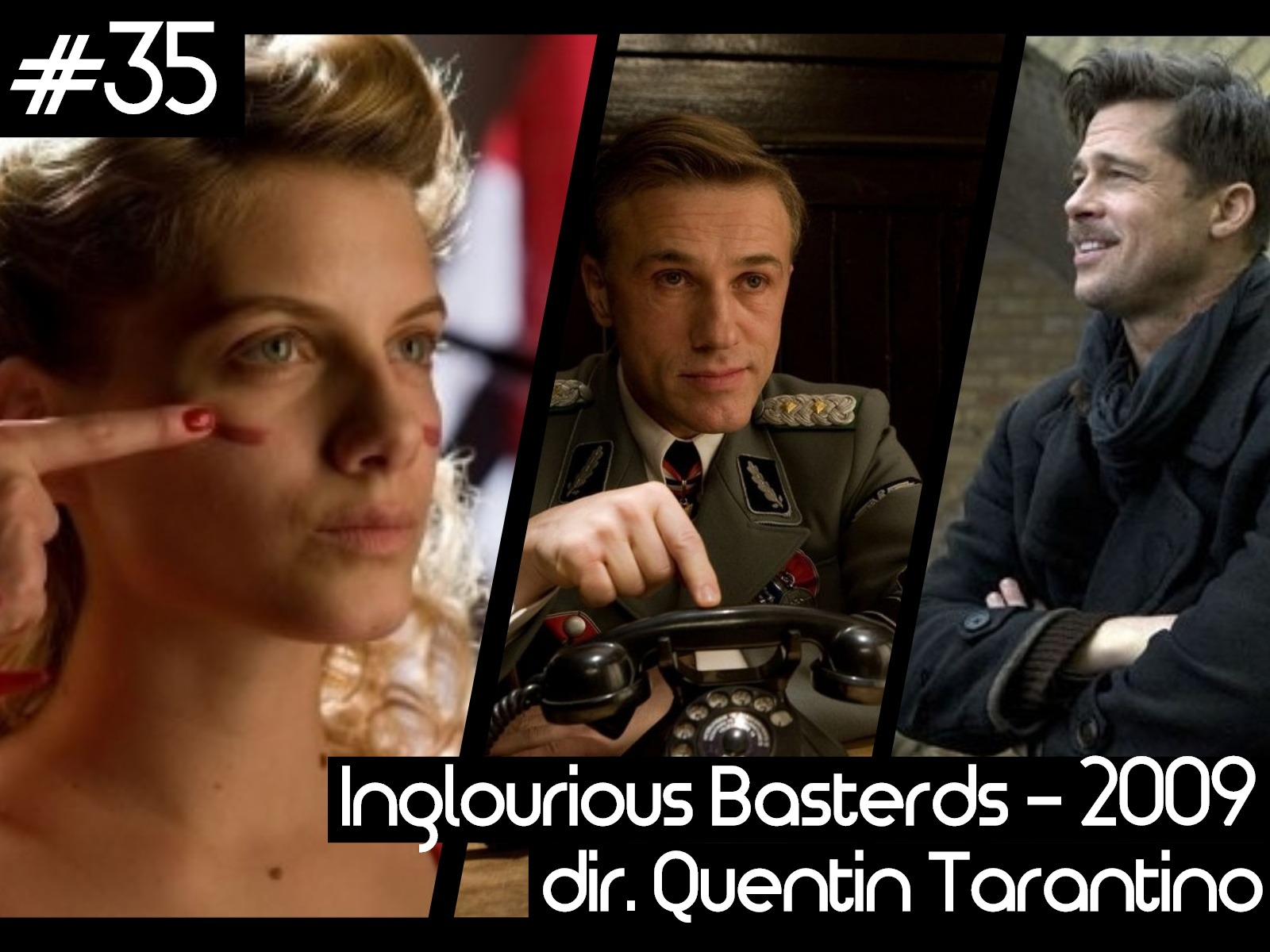
A friend of mine recently tried edibles for the first time, accidentally took way too much, and spent the evening immobile on the couch watching the 1986 film Cobra. He described it to me later as an accidental 80’s meta-classic, its tropes stripped bare to the point of artful abstraction; a neon-soaked poem of violence and excess. When I later watched Cobra, I saw Sylvester Stallone looking like a goth teen who had to sulkily accompany his parents and their friends to an incoherent day of police-work.
The movie my friend described to me exists, though, and it’s called Drive. It’s how you remember the good and idiosyncratic elements of awful 80’s movies through the haze of nostalgia (or cannabis?), stitched together with an eye that can render even the L.A. River, of all things, briefly painterly and gorgeous. Now that’s what I call a real human being (and a reaaaallll heroooooooo~)!
Chris Pruitt, Managing Editor
Martin Scorsese might be the most talented filmmaker of the 20th Century. His films of that era - Mean Streets, Taxi Driver, Raging Bull, and Goodfellas among them - pulsate with dangerous energy. His contributions to film in the current century are always well-made, but often feel familiar, a consequence of the fact that his hyper-kinetic style has become so ubiquitous that it’s tempting to see Scorsese's use of it in, say, The Departed, as self-parody.
It’s in Silence that we find the personal Scorsese again, grappling with issues of faith that have haunted him his entire life. Scorsese himself, something like 5,000 years ago, was going to be a priest, before called into a profession that offered him a chance to more openly explore his doubt. It’s little wonder, then, that he connected with Shūsaku Endō’s brilliant novel of Jesuit missionaries investigating the apostasy of one of their brothers in 17th century Japan, a place where Christians were brutalized. Throughout the film, the hungry faith of the Japanese converts is contrasted by the cowardly piety of Rodrigues, played with ever-searching eyes by the eternally earnest Andrew Garfield. The climax, especially for any believer, challenges us to examine the core of our faiths and our own pride.
Matt Guerrero, Film Editor
Look, I don’t know what your relationship with your father is like, but mine is … not good. And like many men with “not good” relationships with their father, there is a part of me that will always be chasing the shadow of that non-relationship, either for acceptance or deliverance from that need to be accepted. Creed finds Adonis Johnson, as played in a state of perpetual longing and anger by Michael B. Jordan, struggling to understand a father he’ll never know: Apollo Creed. You know, from the Rocky movies.
I personally am not able to pull up old YouTube footage and shadow box with my father, as Donnie does, but I know what it feels like to spend a lifetime fighting against the idea that you were a mistake. And when, that motivation revealed and conquered, Donnie steps back into the ring, full-on Rocky theme blaring for the first time in the film, well let’s just say I ugly-cried until the credits rolled, praying for a day when I’m done fighting shadows and throwing jabs at the mirror.
Matt Guerrero, Film Editor
I’m writing this blurb on the morning of the Oscars. We’re adrift on a sea of bad takes and thinkpieces on this film by “anonymous Oscar voters” who all sound like 90-year-olds screaming into their Amazon Echoes “ALEXA WHY DON’T THESE DAMNED MILLENIALS LIKE 380-MINUTE MEDITATIONS ON WHY MY FATHER DOESN’T LOVE ME ANYMORE.” That said, there is little I can say about this film, its unique and visceral treatment of our nation’s most pressing social issues, and the delicate yet perfect line it walks on being both a fun and genuinely provocative movie that hasn’t already been said better by somebody who has to live its allegorical subject matter, so instead I’ll crib another favorite filmmaker’s phrase to discuss the genius of Jordan Peele’s dance with genre: if you did not feel that stomach-sinking perfect inversion of the horror movie ending trope when the police lights flashed in the film’s climactic scene, you need to fix your heart or die.
Chris Pruitt, Managing Editor
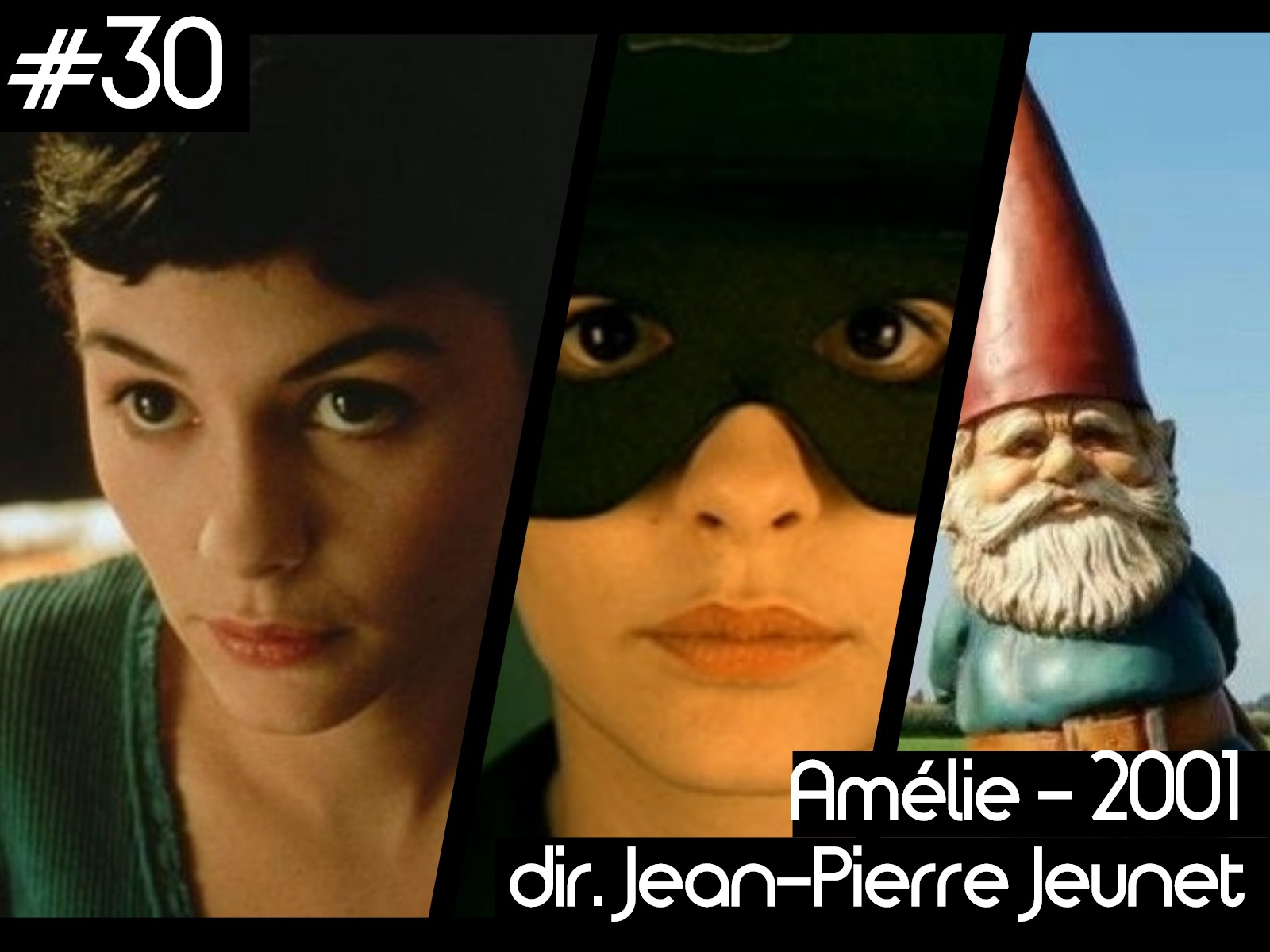
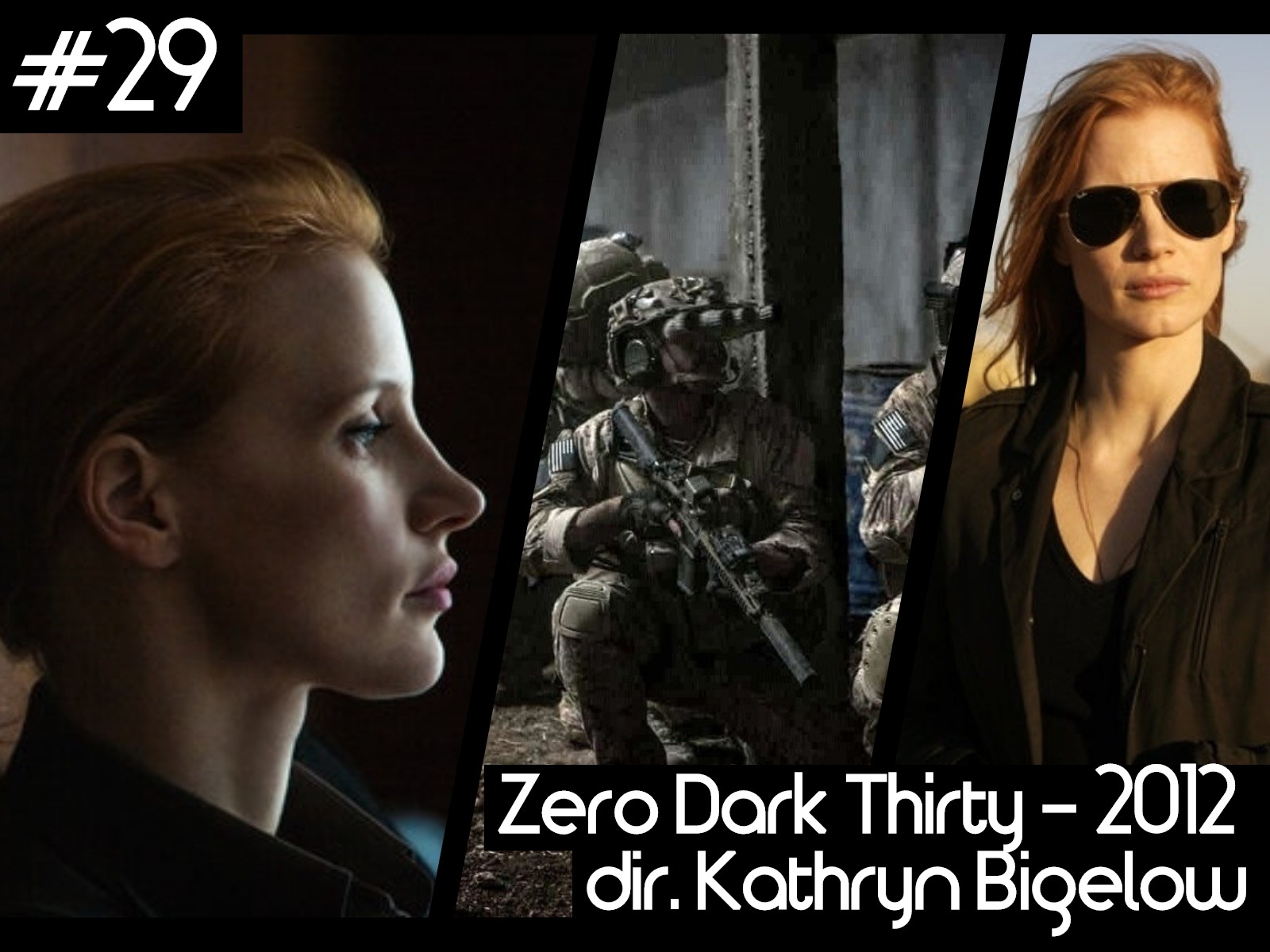
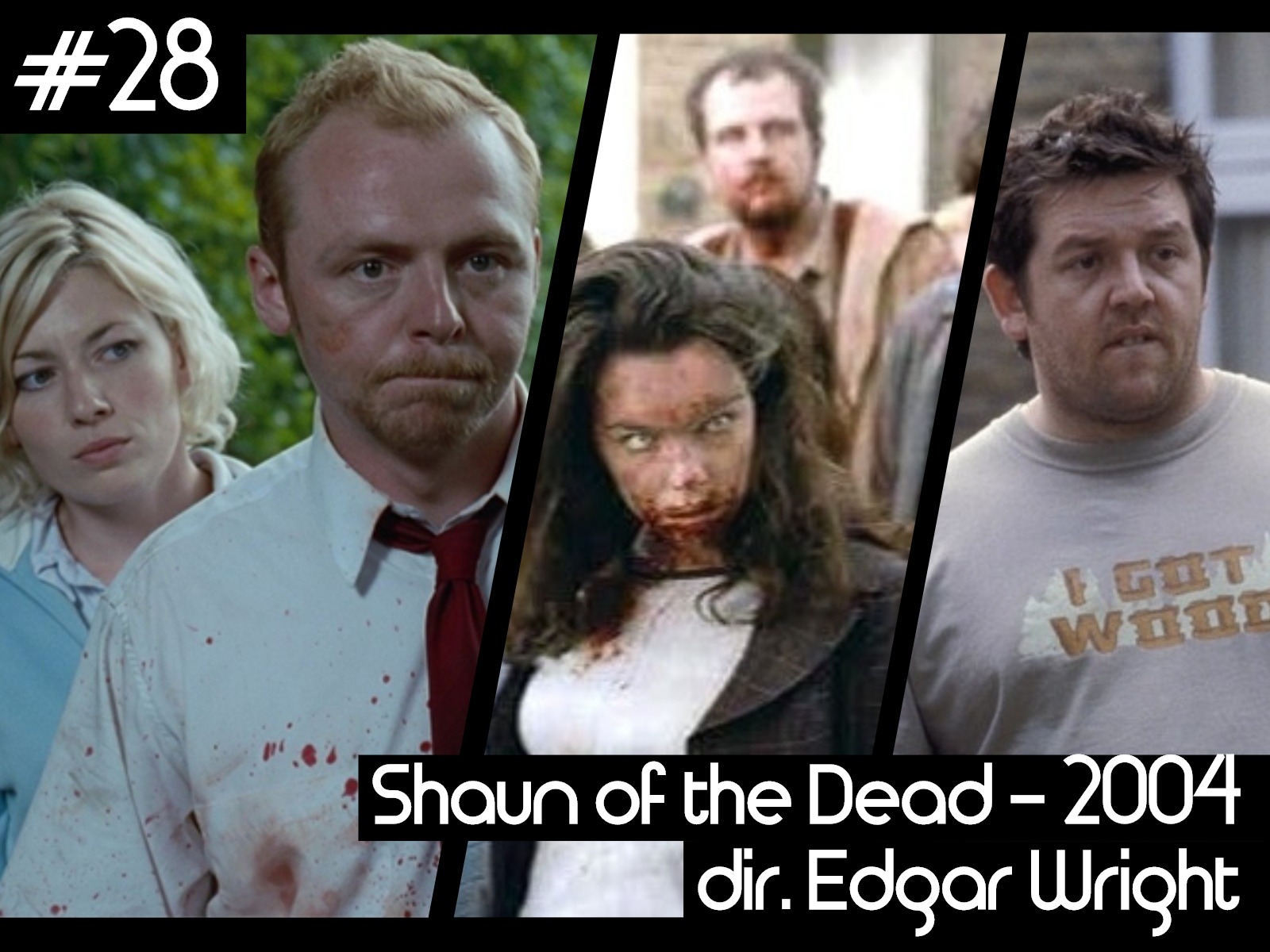
Reading American Psycho is an odd experience. The book seems to undermine masculinity, especially the masculine identity of the yuppies in the Reagan ‘80s. The novel posits that a serial killer, who seems to be constantly melting down, could easily fit in amongst this crowd without anyone raising an eyebrow. It’s a striking idea. Yet it’s complicated by the fact that author Bret Easton Ellis is unable to consistently portray Patrick Bateman’s violence as pathetic, sometimes crossing over into spectacle, with a hint of sleaze.
Enter director Mary Harron. Harron’s film breaks the rule that the novel is always better. American Psycho the film takes all of the novel’s themes and executes them better than the book. Bateman remains consistently terrifying and consistently pathetic. The violence is scary in its misogyny but also over the top enough that at no point can the audience view Bateman is some sort of adept killer. He’s not. He’s a despicable, broken man who cannot function when he goes to the wrong restaurant. It’s hilarious. It’s terrifying. It’s damning. It should have been impossible to get that tone right, but Mary Harron shows how it’s done, rendering most other serial killer films moot.
Donald McCarthy, Staff Writer
It was tough to select only a single Pixar film to be a part of this list. Pixar has redefined narrative and emotion in children’s entertainment, so it needed to be represented, but which Pixar film do you go with? Wall-E? Inside Out? The criminally undervalued Ratatouille? In the end, it’s the charm and emotion of Up that wins out. Up is best remembered by adults for the heart-rending montage of Carl and Ellie’s long, happy life together and best remembered by children for the talking dog. And the fact that this film includes both a heart-rending montage of genuine emotional depth and a talking dog in it speaks to exactly how well the Pixar strategy works, speaking to audience members of all ages, hitting all quadrants with …
SQUIRREL!!!
… outlandish scenarios grounded by resonant emotion.
Matt Guerrero, Film Editor
Revenge of the Sith stands apart from the other Star Wars films. There’s not much in the way of humor nor is there much for young kids to enjoy. The film plays as a tragedy, building off of the last two very flawed but certainly daring prequels. When it came out, it was billed as the end of the saga, our last chance to see this world. George Lucas gave us his best film with it. Not a perfect one, no, but without a doubt his most visually interesting and the one with the most to say.
Revenge of the Sith is no longer the last Star Wars film. It’s being followed by a slew of films put out by Disney bearing the Star Wars name. And yet! Revenge of the Sith still does act as an ending. It is certainly the last Lucas film with all the good and bad that comes with that. The dialogue is occasionally clumsy, but it is also a blockbuster with a true interest in politics and the modern world. Lucas gives us a fascist leader who comes to power democratically, a republic filled with corporate interests and lobbyists, and a decaying Jedi Order that is a husk of what it once was (or, perhaps, it’s a myth that the Jedi were ever grand).
Revenge of the Sith is not a fun Star Wars film, but it’s probably the one that has the most to say. It’s hard to imagine Disney putting out a film in this franchise that is this disillusioned with the modern political world. Despite the mixed response to the prequels, I suspect Revenge of the Sith will get a reevaluation in due time.
Donald McCarthy, Staff Writer
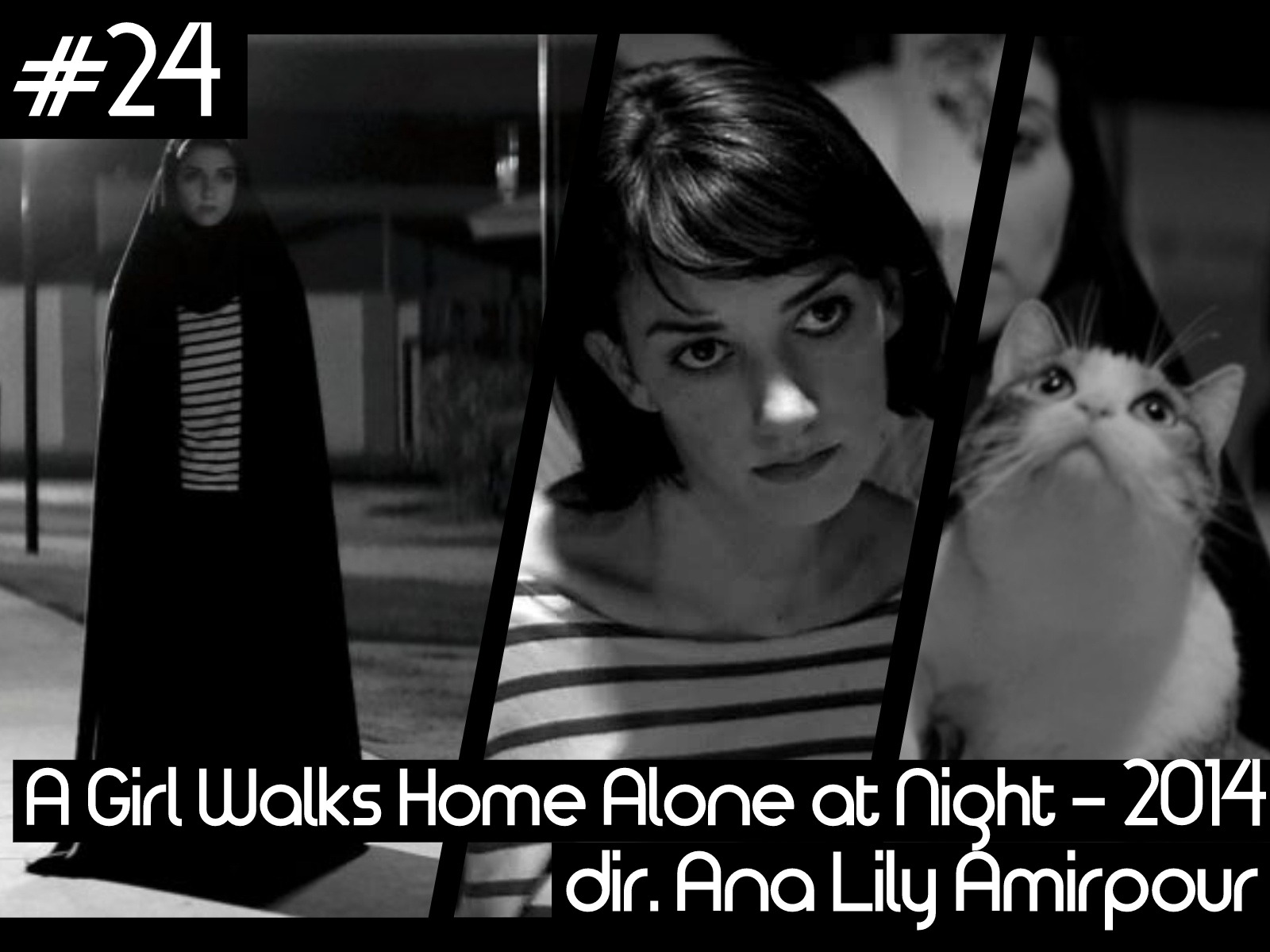
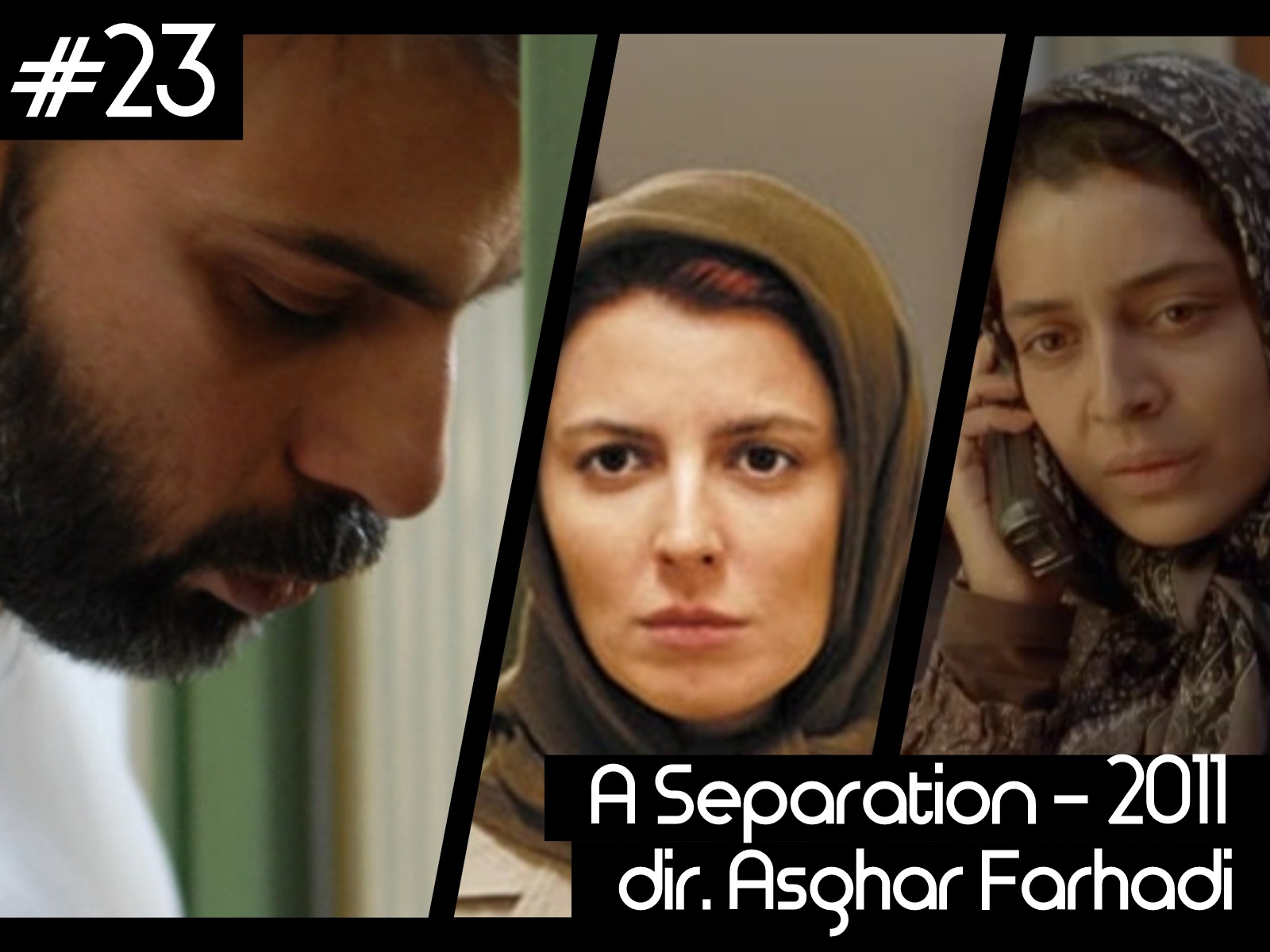
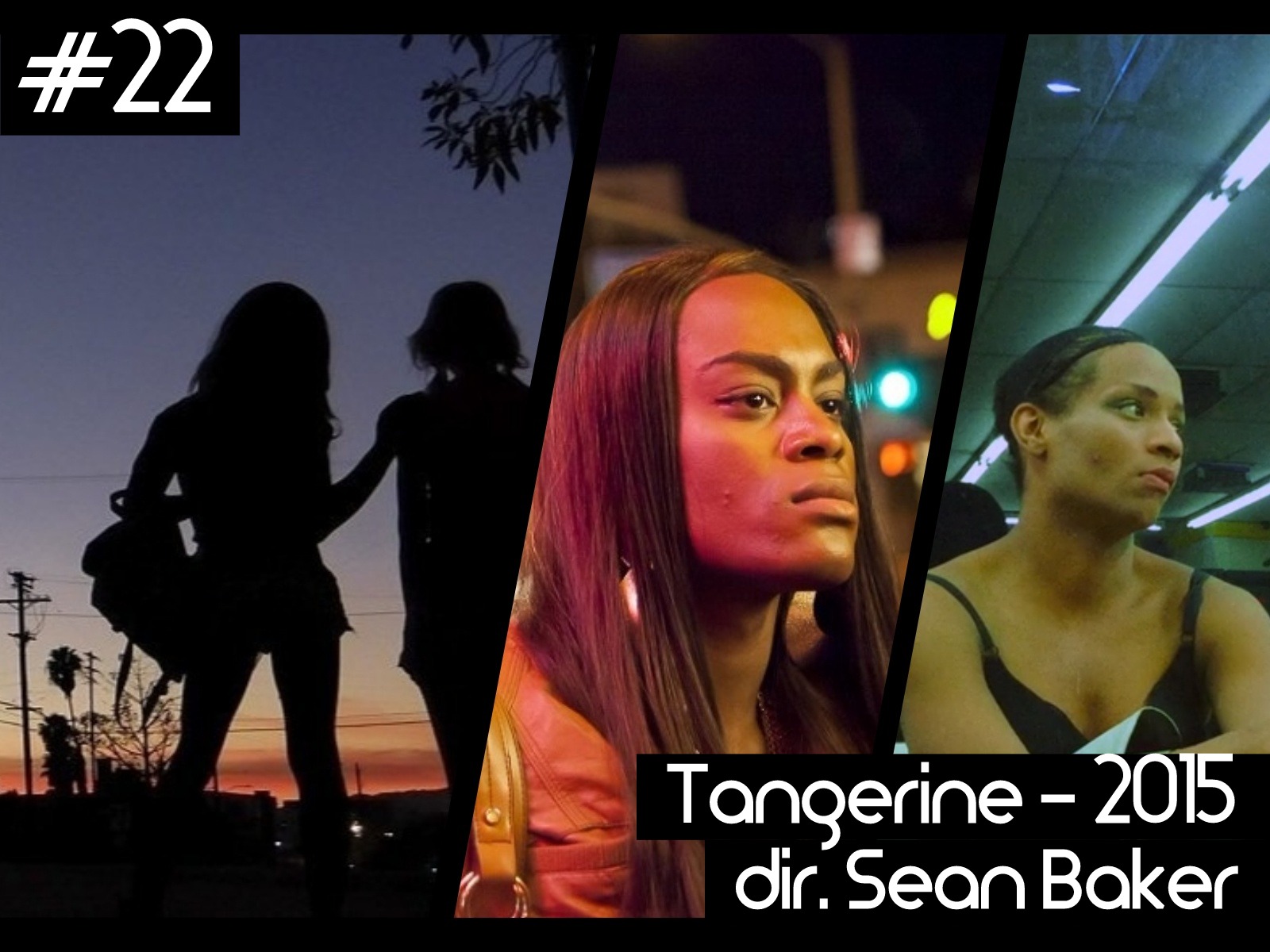
There’s movies, and then there’s cinema: Hedwig and the Angry Inch is one of the rare plays-to-screen that manages to keep the exciting energy of the stage without losing something in the process. It’s deep without being heavy handed, it’s unconventional without being pretentious, and it’s over-the-top but also understated. Its quotablity: endless. Its soundtrack? Immortal. It’s quick witted humor (“My aunt Trudy, I replied!”) is hilarious. John Cameron Mitchell dropped Hedwig on our laps out of nowhere in 2001, and it’s almost more relevant now that ever. Hedwig doesn’t care if she belongs to this society: she is her own society, with her impeccable timing and her broken heart. I implore you all to take the time to savor this film, which manages to balance transness, queerness, and being true to one’s self with the perspicacity and the knowledge—the gnosis, if you will, to never give up, even if it means stalking your shitbag ex boyfriend.
Kolleen Carney Hoepfner, Editor-in-Chief & Fritz Hoepfner, Prince Consort
In the years after The Dark Knight, a number of films of varying quality copied its structure: Skyfall, The Avengers, Star Trek Into Darkness, and more. After a while, there was a sense of exhaustion with The Dark Knight and the influence it had on other franchise films. It’s understandable but a shame. The Dark Knight is still a potent film, better directed than any of its peers. Few blockbusters that came out in the years after contained so stunning a shot as the Joker hanging his head out of the police car, his hair blowing out, and the film’s sound becoming muffled.
In addition, the film has a complicated, almost damning, look at its hero. Batman’s torture of the Joker does an effective job of undermining Batman’s violent approach, with the Joker giving Batman the information Batman wants to hear as opposed to the truth. By the end of the film, it’s hard to kick the idea that Batman may have created as many problems as he’s solved. That alone is a remarkable enough idea that The Dark Knight should remain in the conversation as the best comic book film.
Donald McCarthy, Staff Writer
Having now seen City of God four or five times, I am still amazed at how quickly the whole thing goes by. This quality gives the movie a unique element of relatability. At least, that’s how it goes with me. There is something about a film that is such an exhilarating, elaborate, detailed celebration of life, and how that all seems to pass me by in the span of a single moment. There are movies that leave us way too early. I struggle to think of an example along those lines with more courage and vitality than City of God, which is also one of the strongest depictions of youth that I have ever seen in a movie.
Technically, the Brazilian City of God is a crime story. I won’t argue with that, and I don’t think there is even a single thing wrong with an emotional, visually intoxicating marathon of crime and passion such as this. I would just also make the argument that this movie is ultimately so much more. If you haven’t seen this, you’ll get what I mean, by the time the credits roll.
Gabriel Ricard, Staff Writer
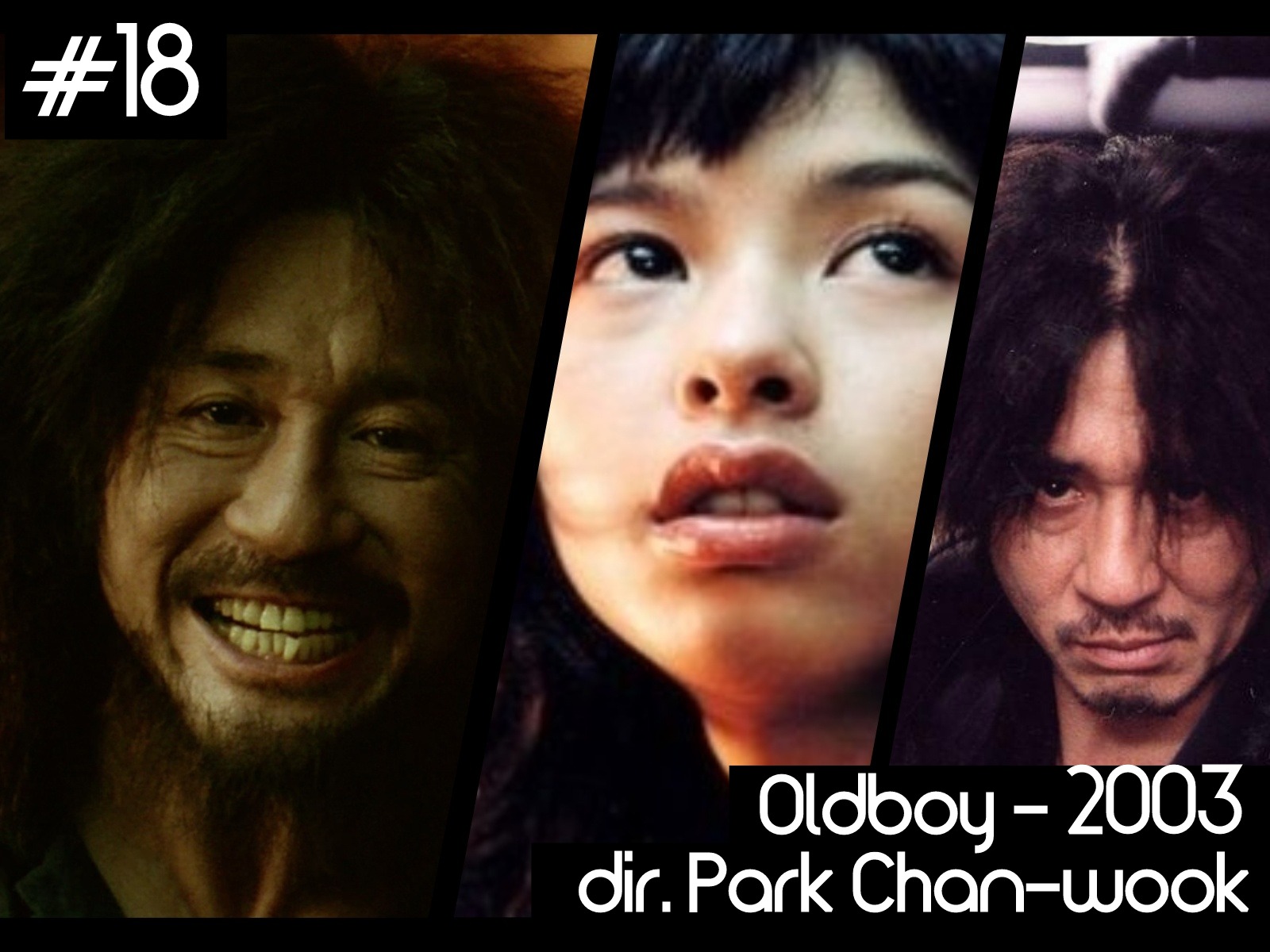
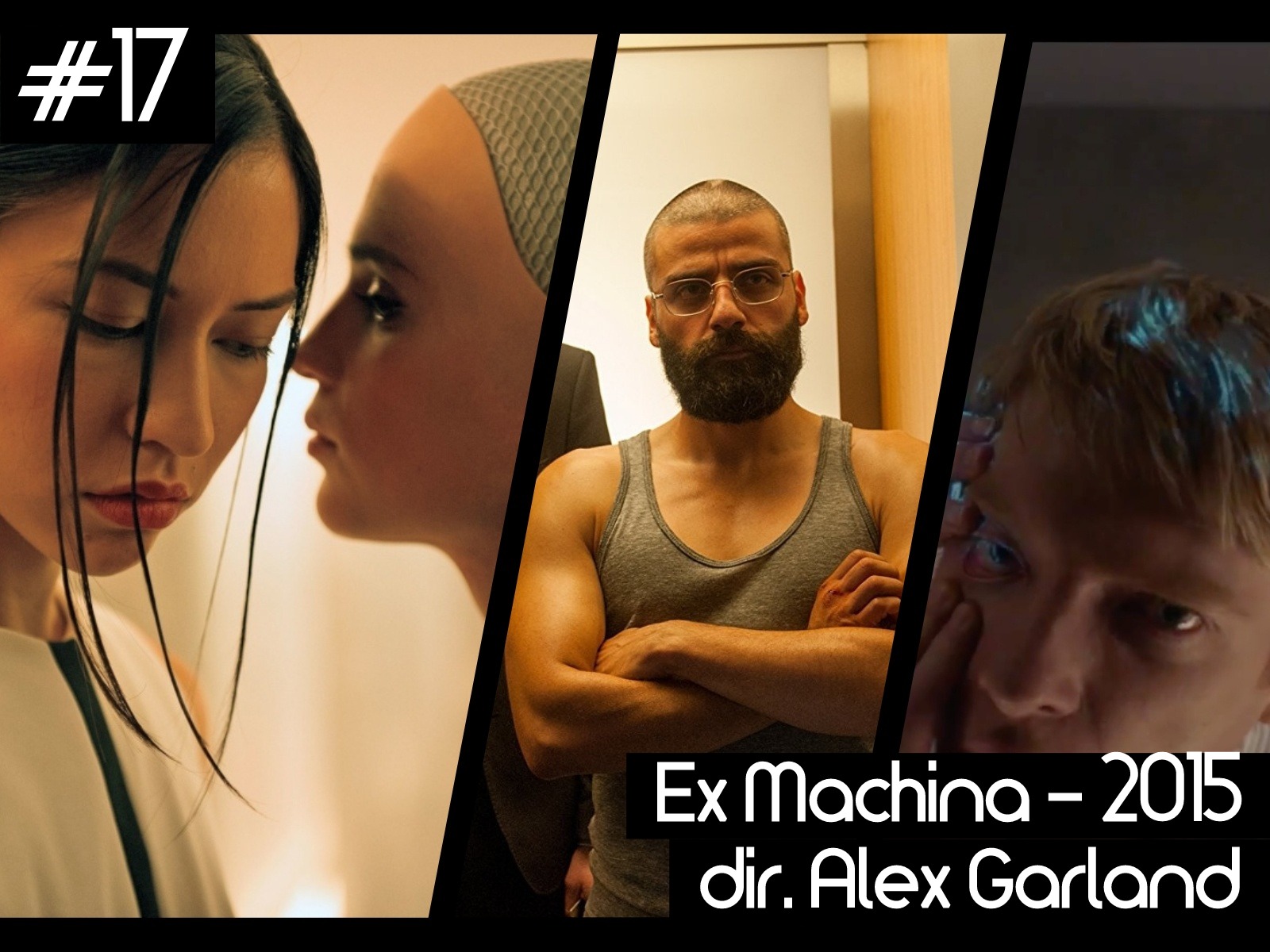
Diving into Wes Anderson’s imagination is generally a lot of fun. It’s a poignant kind of fun, and it can sometimes strike you as a little pretentious. I’ve honestly never had that second part of the experience with Anderson, with The Royal Tenenbaums being close to my favorite film of his. Barring the status of being my absolute favorite, it is still the Wes Anderson movie I seem to have the strongest emotional connection with. This connection has endured for over 17 years, which is no small feat for any piece of art and a human being.
The Royal Tenenbaums is a sweet, smart, and fairly sad look at a family of burned-out, profoundly unhappy prodigies. I was never a prodigy, but even at 16, which is roughly when I saw this movie, I could feel the likelihood of a future that would be similar to that of the Tenenbaum children. I imagined getting older, and being just as tired and confused by everything as they are, to one humorous degree or another. God help me, I was right to feel that way. Even so, I still think this is probably the most effortlessly charming film Wes Anderson has made thus far.
Gabriel Ricard, Staff Writer
Requiem for a Dream is a traumatic movie to watch on many levels, but is almost impossible to emotionally handle when you’re a drug user, which is what I was when I rented it back in the day. It is not a movie I have revisited often, if at all; I know I own a copy but can’t remember sitting down for a viewing in the last ten years or so. Still, I can’t help but be moved—to tears, to revulsion, to despair— by the story of lonely Sara Goldfarb (Ellen Burstyn, in an Oscar nominated role that she definitely earned), obsessed with the idea of getting thin and being on television, her drug addicted, emotionally absent son Harry (Jared Leto), his rich and also drug addicted girlfriend Marion (Jennifer Connelly), and his best friend Tyrone (Marlon Wayans, in what is without a doubt a shockingly brilliant performance for the usually comedic actor). Everyone is chasing something— fame, thinness, a fix, a “pound of pure”, and no one is getting it. And while Marion's fate has become somewhat of a joke, it really isn’t. These are four characters lost in their own way, losing each other, and being very sweaty as they fall further from grace, and in a way I think we all know one or two people who resemble this display of addiction and longing. I was never quite that picture of an exploited Marion, smiling sleepily while clutching her payment of heroin, but I was extremely bothered by it.
I would be remiss if I did not mention the source novel of the same name by Hubert Selby Jr. It ends on a hopeful note for Tyrone, who quite possibly is the only one who will ultimately escape his demons; and the dedication always made me feel a twinge of something I can’t quite explain. I’ll let you look it up.
Kolleen Carney Hoepfner, Editor-in-Chief
Few filmmakers have created films that connect to very specific points of my life more successfully than Richard Linklater. Putting aside the brilliant structure of this movie, which spent twelve years telling the story of a young man from childhood to the cusp of adulthood, there is a familiarity to Boyhood that haunted me after the first viewing. We should all be careful to avoid too much nostalgia, or living in the past to an unhealthy degree. Boyhood doesn’t let me indulge either of those things. It simply understands that sometimes, those memories are going to rush to the forefront, whether you want them to or not.
And while it does that, Boyhood also just happens to be a beautiful, well-told, and well-acted epic of what it means to be forced to grow up, simply by virtue of aging. Boyhood is far more complex than it gets credit for being, and that doesn’t even involve the way this movie gets personal with you every time you see it.
Gabriel Ricard, Staff Writer
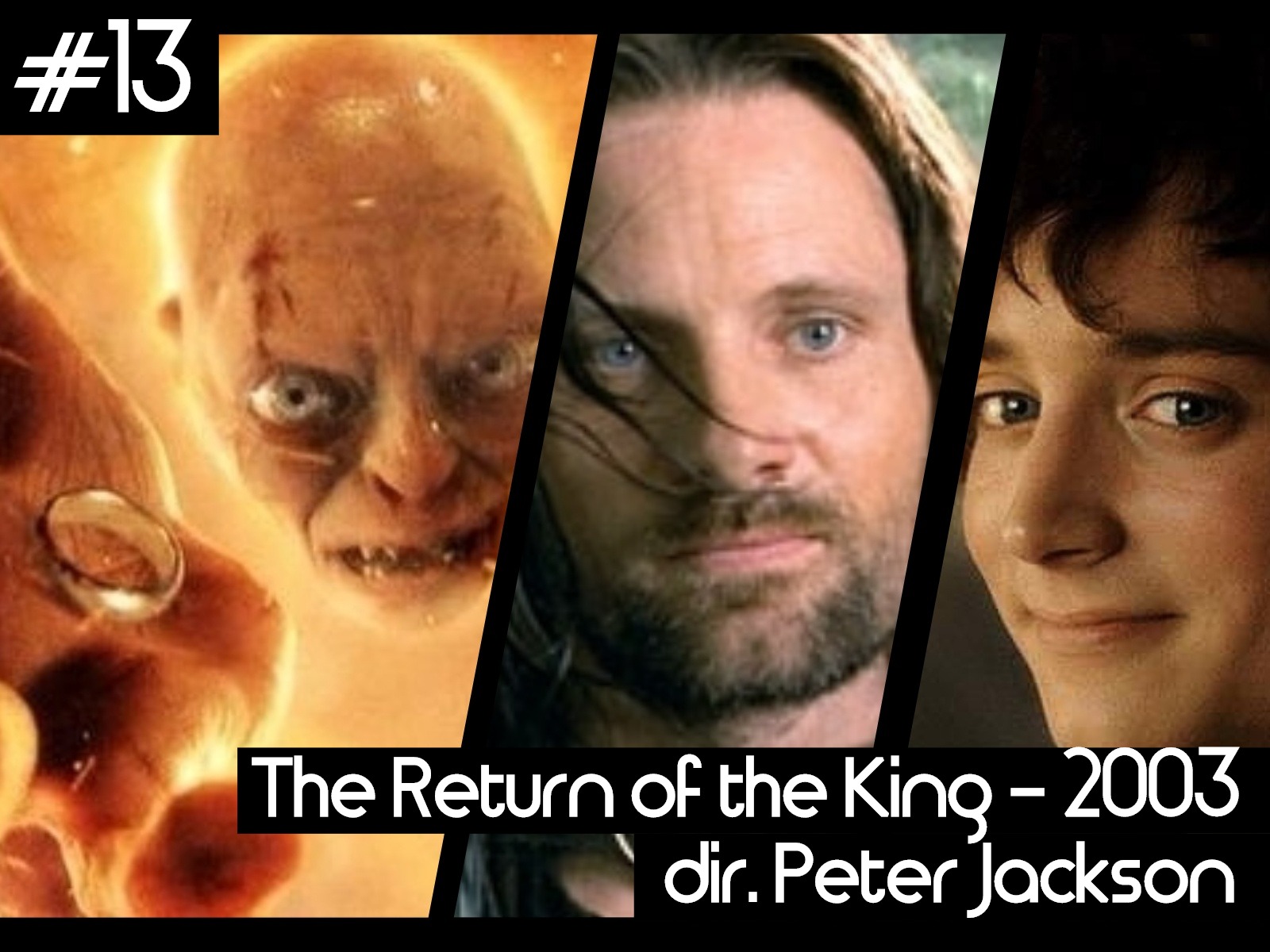
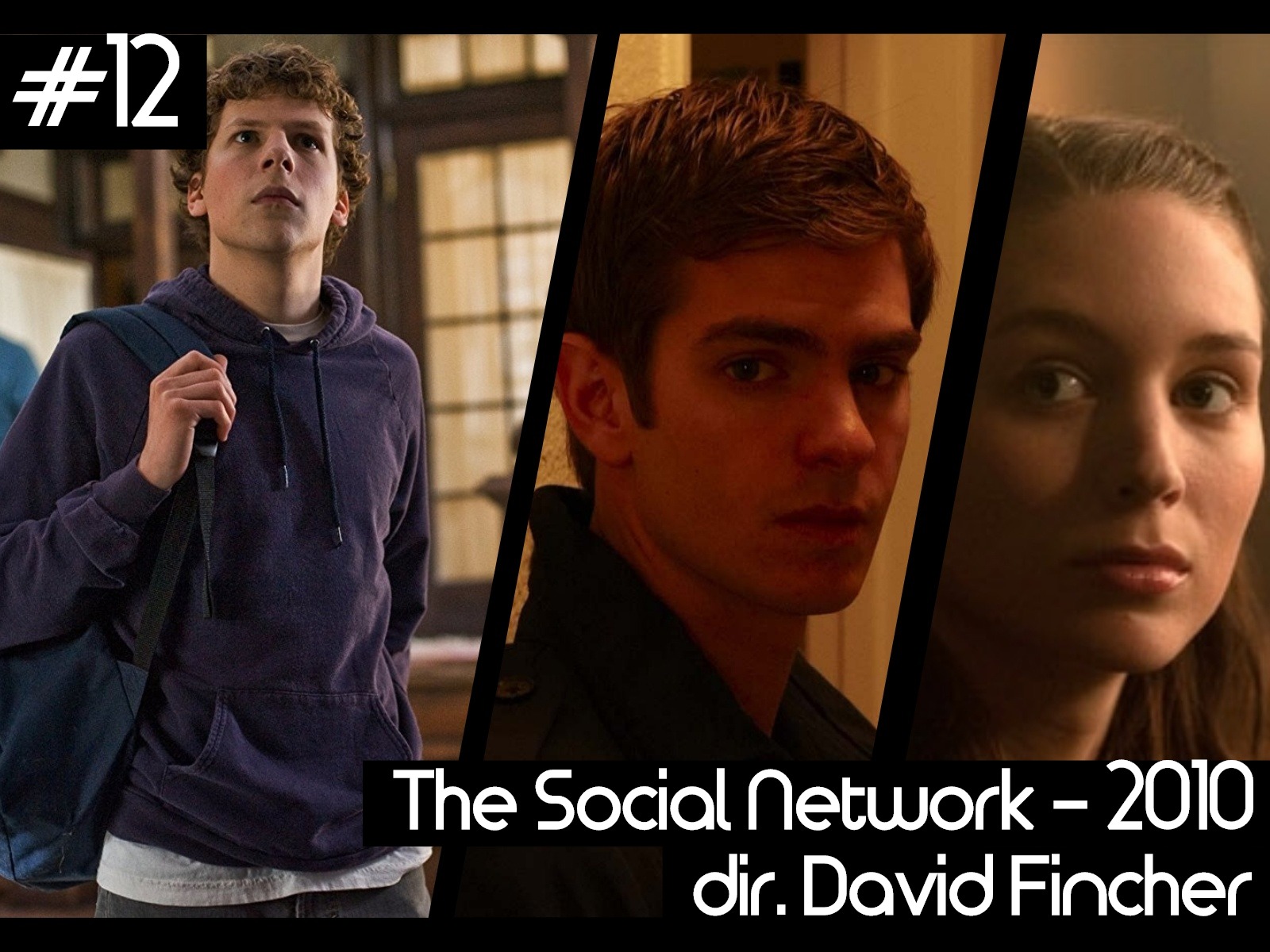
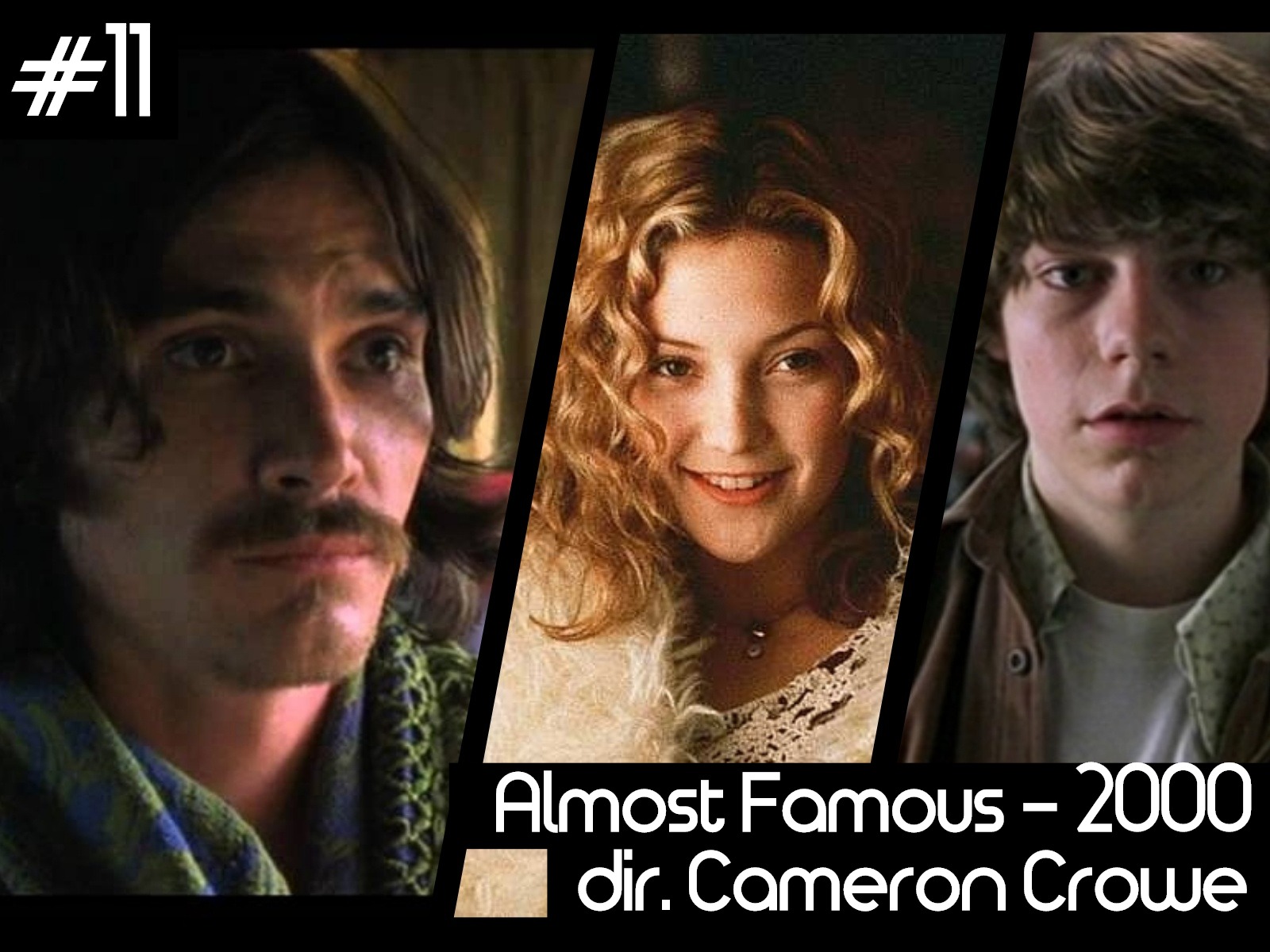
The story of a drumming wunderkind who desires to be the best that’s ever been, studying at the feet of the greatest teacher of all time, or so the legend goes. What transpires is a meditation on art and the cost one is willing to pay to truly ascend into greatness. Is greatness worth sacrificing your friends, your family, your romantic life, your very sense of self? As it turns out: yes. The final scene in this movie is more heart-stopping and intense than any Marvel or DC movie ever made.
Ryan Roach, Drunk Monkeys Radio
I went through a weird amount of trouble to see this movie, which still stands as my favorite Hayao Miyazaki film to date. After failing to see it in theaters, my sister and I convinced our father to take me to the Best Buy that had just opened in Colonial Heights VA. We went, bought the movie on DVD (one of our first DVDs), and then had to put it back. My dad had forgotten his I.D., and the store wouldn’t take the I.D. he is required to carry as a senior instructor/technician for a nuclear power plant. That led to my Dad refusing to set foot in a Best Buy for nearly a full decade.
That memory sticks with me, even when I watch the movie now. It lends a personal element to a film that moves me with its story, complex female protagonist, and refusal to be anything less than one of the most unique animated films you could ever hope to see.
Gabriel Ricard, Staff Writer
It’s the end of the world as we know it, and everyone feels like shit. Set in the near future, Children of Men shows a humanity that is on the brink of extinction due to an unexplained phenomenon where no one has been able to give birth for almost 20 years. Theo Faron (Clive Owen) is an ex-activist turned government worker bee, whose past comes crashing back and ultimately charges him to safeguard a young woman, Kee (Clare-Hope Ashitey), a refugee who is now an expectant mother/bombshell lightning bolt.
Alfonso Cuarón’s haunting dystopia came out in 2006 (Christmas Day, in fact), but its bleakness is only amplified as the years go on with more and more real life events echoing the goings-on in this wild hell ride. While we’re not quite at the stage of global infertility, we do see the seeds of this breakdown in the political unrest, anti-immigration sentiment, Mr. Owen looking haggard, and dangerous nationalism that is becoming more and more commonplace. Even with the pervasive themes of loss, darkness, and futility, the movie remains endlessly rewatchable thanks to the thrilling action sequences, gorgeous camerawork, and stellar performances from the cast.
Fritz Hoepfner, Prince Consort
I have never been to Tokyo, but it feels like I have. That’s because no film has captured the experience of finding yourself in a strange land better than Lost in Translation. Sofia Coppola romanticizes the city, making it a place filled with bright lights, welcoming people and countless adventures. She captures the confusion of jetlag better than anyone has, making these late night journeys to karaoke bars and hotel lounges feel like a dream. But Lost in Translation is far more than just a gorgeously shot travelogue. It’s the story of two individuals at vastly different stages of life, desperate to make a connection. Not necessarily romantic or even permanent but at this moment in their lives they need someone who understands the loneliness they’re experiencing. It’s both the simplest need in the world and the most complicated. Something anyone can relate to but never truly understands. The camera is a fly on the wall capturing these characters in an effortlessly intimate fashion.
Bill Murray gives a soulful, naturalistic performance as an actor who has an understanding of the true realities of life but keeps hoping for something more anyway. Scarlett Johansson gives a subtle, mature performance few actresses her age would have been able to deliver. The loneliness and romanticism of being a stranger in a foreign land has rarely been better conveyed. Lost in Translation is the kind of film that makes you want to see new places, meet new people and connect in ways you never had before. Much has been made about the final words Bob whispers to Charlotte. We don’t need to know what they are because the result is obvious. They were simply what she needed to hear in that moment. They were perfect, just like this film.
Will Link, Will Sean Podcast?
I’ll probably always remember hearing Ari Shapiro (the incidental arbiter of most of my news, as an LA commuter) asking editor Margaret Sixel: “Do you think that a woman brings something different to the editing room?” when Mad Max: Fury Road came out, as though he were speaking to an alien life form that had just learned what cinema was. Much has been made of this film’s treatment of its female characters, which is to say, it is an action film that did not openly abuse them or treat them as incapable most of the time. That this is notable is a societal ill, but remains to this movie’s credit. It additionally features a seemingly blind mutant in suspension bondage gear who plays live, fire-powered electric guitar while post-apocalyptic vehicular armies engage in gorgeous cirque-du-soliel pole-vault battles. On top of all of that, auteur George Miller has the decency to put a Shredder mask over Tom Hardy’s God-chiseled face for the majority of the film. This movie honestly makes me pissed off that I’ve ever paid for IMAX treatment for anything less.
Chris Pruitt, Managing Editor
At the core of every one of us - and especially the biggest and baddest of us - is the vulnerable part of us we’ve tried for so long to leave behind. Director Barry Jenkins starts with that most vulnerable part, our inner child, and never leaves him. Moonlight follows the same character through three stages of life and identity. As a child, he is Little, as a teenager, Chiron, as a man, Black. As we watch Chiron and Black, we are always aware of Little. Chiron is Little, hugging the walls of his high school to avoid the notice of bullies, and finally lashing out in the fury of rejection; and Black is Little, hiding behind a sculpted physique and fronts.
At the end of the film, it is Little that Kevin sees standing before him, after Black drops his literal and figurative fronts. It is Little that Kevin embraces, offering him nurturing that life has so rarely given. And it is Little that Jenkins leaves us with in the film’s final image, blue in the moonlight, caught between the dark horizon of the future and the past that still calls to him.
Matt Guerrero, Film Editor
The list of fantastic actors in No Country for Old Men can go on forever. The main leads, of course, but also secondary actors, like Gene Jones and Kelly MacDonald. What’s remarkable is that all of these actors give performances that can easily be considered one of their best.
That’s the Coen Brothers for you, and No Country for Old Men is, for my money, their best film. It’s dark, cynical, and, perhaps most importantly, funny. It’s a violent film, too, but it’s worth looking at the unique way the Coens use action. As the film goes on, you see less and less violence, much of it happening off-screen, including the deaths of two key characters. It’s almost as if the film got bored of those “money shots” and became more interested in what happens in between the action.
And in the world of the Coens, that’s as interesting as anything else. Perhaps that’s why its cast shines, since the actors relish getting to portray scenes that are usually viewed as material for the cutting room floor elsewhere.
Donald McCarthy, Staff Writer
Eternal Sunshine of the Spotless Mind looks like a car crash on paper. It’s got a word-salad title cribbed from an Alexander Pope poem that only vaguely thematically brushes the film. It’s got Jim Carrey in the role of a serious romantic lead in a movie whose major themes are subjectivity, memory, and time. Its super-cynical plot devices crash up against its classically romantic ending and its director’s eye for the whimsical. If you showed up with this synopsis to any pitch meeting, writer’s workshop, or similar that I’ve ever witnessed or heard of, you’d be told to eliminate half of the subplots and tropes before you even got through the whole thing. And yet, there is this film, a “romantic science fiction comedy-drama” as described by Wikipedia, both a commercial and critical slam dunk, which stands as the ultimate testament to the fact that with thoughtful writing, great performances, and stellar directing (all of which admittedly veer into the realm of heavy-handed here), even the most convoluted concept can be rendered singular and human. But it should be said, if you aren’t Charlie Kaufman, maybe don’t try this at home.
Chris Pruitt, Managing Editor
To be sure, the unforgettable ending of Paul Thomas Anderson’s masterwork There Will Be Blood is a lot of fun to parody. However, underneath that impulse, I can also say that this is one of the most intense movie experiences I have ever had. I’m not just talking about the first time I saw Daniel Day-Lewis and Paul Dano give performances that honestly, sincerely feel like they are feeding the soul.
I’ve seen this film, probably, six or seven times at this point. Every experience has that same feeling of being forced to watch the world as it really is, presented with the style and pacing that only a truly perfect film can provide. The movie is more than the story of a deeply unwell, demonically ambitious oil man. It is a summation of humanity. I can’t help but share Daniel Plainview’s cynicism about people. The beauty of this film is overwhelming, and a deeply disconcerting, significant portion of that feeling comes from knowing that we are never, ever going to fix ourselves. Let alone the planet.
Gabriel Ricard, Staff Writer
Living in Los Angeles, I think of Mulholland Drive at least once a week, and it has nothing to do with the titular road that divides the San Fernando Valley from the West Side. At least once a week, I find myself walking down a back alley in the glaring light that the sky has in this city and only this city, and I am reminded, with a shiver, of the surreal scene at Winkie's diner, and what is revealed behind the dumpster there. No film is more accurate about the anxiety of living in Los Angeles than Mulholland Drive.
Lynch lets all of his stories unfold with a dream logic that is at once sinister and hopeful. Mulholland Drive is his most accessible nightmare, a story of ambition, love, and rejection, and the longing of guilt. Guilt that catches you, even in broad daylight, from behind a dumpster, or crawling underneath your bedroom door. The guilt that chases you down until you face it, and that consumes you if you don’t.
When considering the greatest films of any era, you have to reflect on the era itself. If There Will Be Blood offers us a nihilistic version of the capitalist dream, Eternal Sunshine hints at a naive hope, and Moonlight shows us where we can get to by embracing our true selves, it’s Mulholland Drive which most confronts us with the gnawing emptiness of an era marked by collapsing skyscrapers and needless, endless war. An era of financial ruin and hateful ideology, thought long-dead, slithering from the shadows.
Our escapism, the film says, will not save us, and will, in fact, be what destroys us.
Matt Guerrero, Film Editor










































